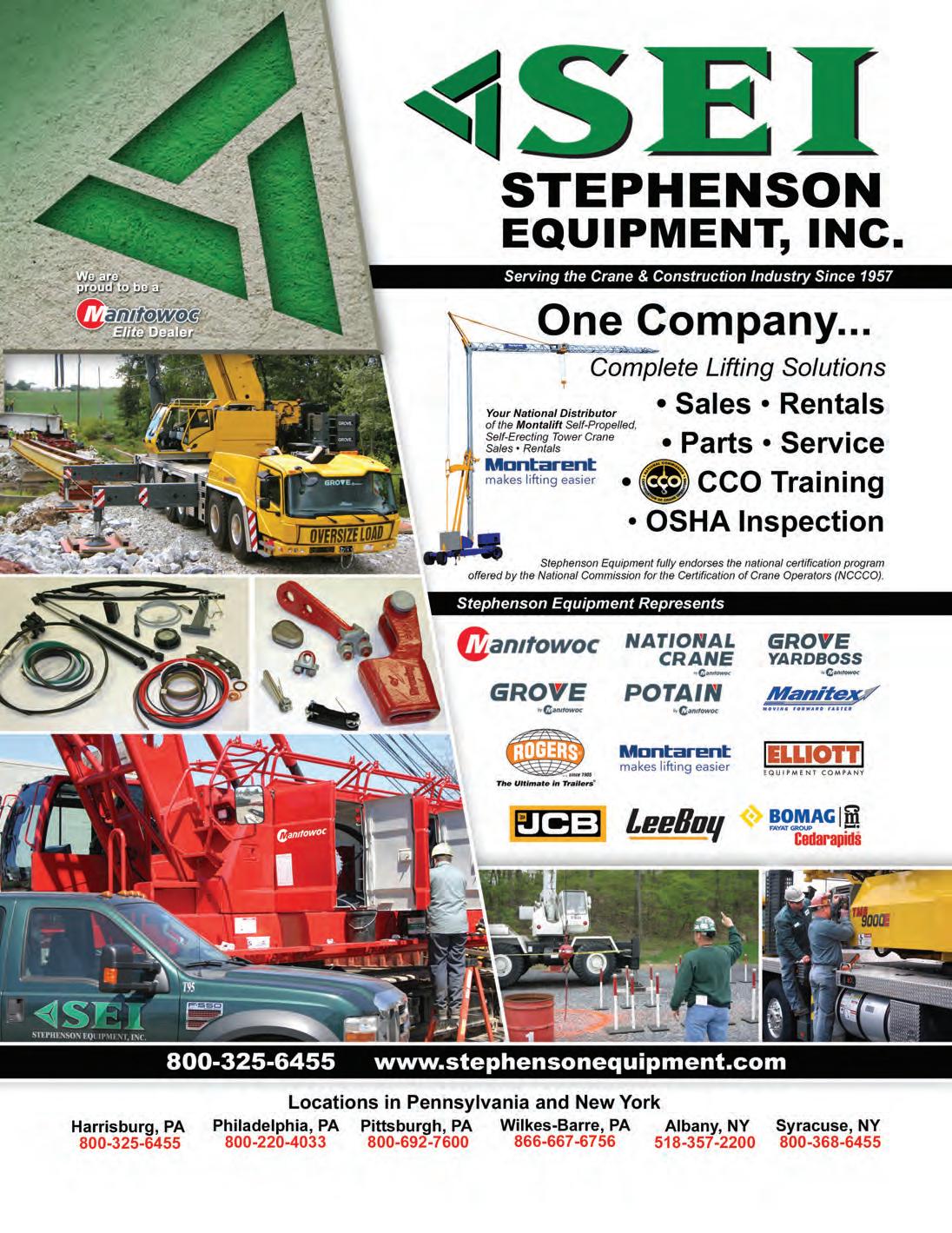









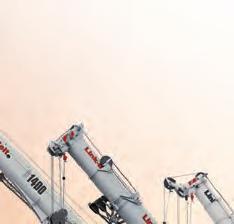






























































AFTER TAKING A DIP IN 2021, the North American crane sector is experi encing a comeback. In its first quarter report released in April, the Rider Levett Bucknall (RLB) Crane Index logged a 4.5percent increase in cranes at work across the continent. Toronto, Canada, is ahead of the pack in terms of number of working rigs.
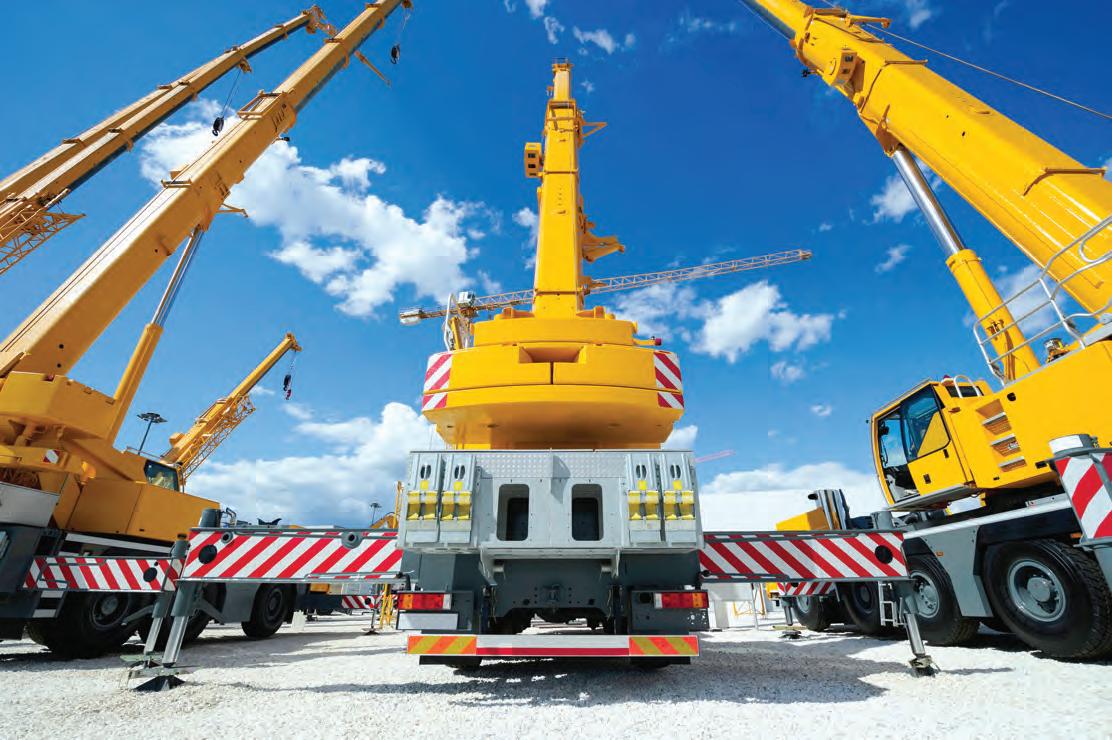
RLB reports that the crane industry is “essentially recovering to crane counts from this time last year.”
Of the 14 cities surveyed, five experi enced an increase, six stayed the same and three decreased.
“With previously delayed projects being brought back online, the crane count expe rienced an increase of 22 cranes,” said RLB.
Historically, residential cranes make up 50 percent of the count, while mixed-use makes up 22 percent.
The third most-active sector is commer cial, making up 10 percent of the total count.
Major U.S. cities — Chicago, Denver, New York and San Francisco — as well as Toronto, Ontario, Canada, have seen increases.
Holding steady in their crane counts are Honolulu, Las Vegas, Los Angeles and Phoenix. Boston, Calgary, Portland, Seattle and Washington, D.C., have marked decreases in working cranes.
continued on page 10
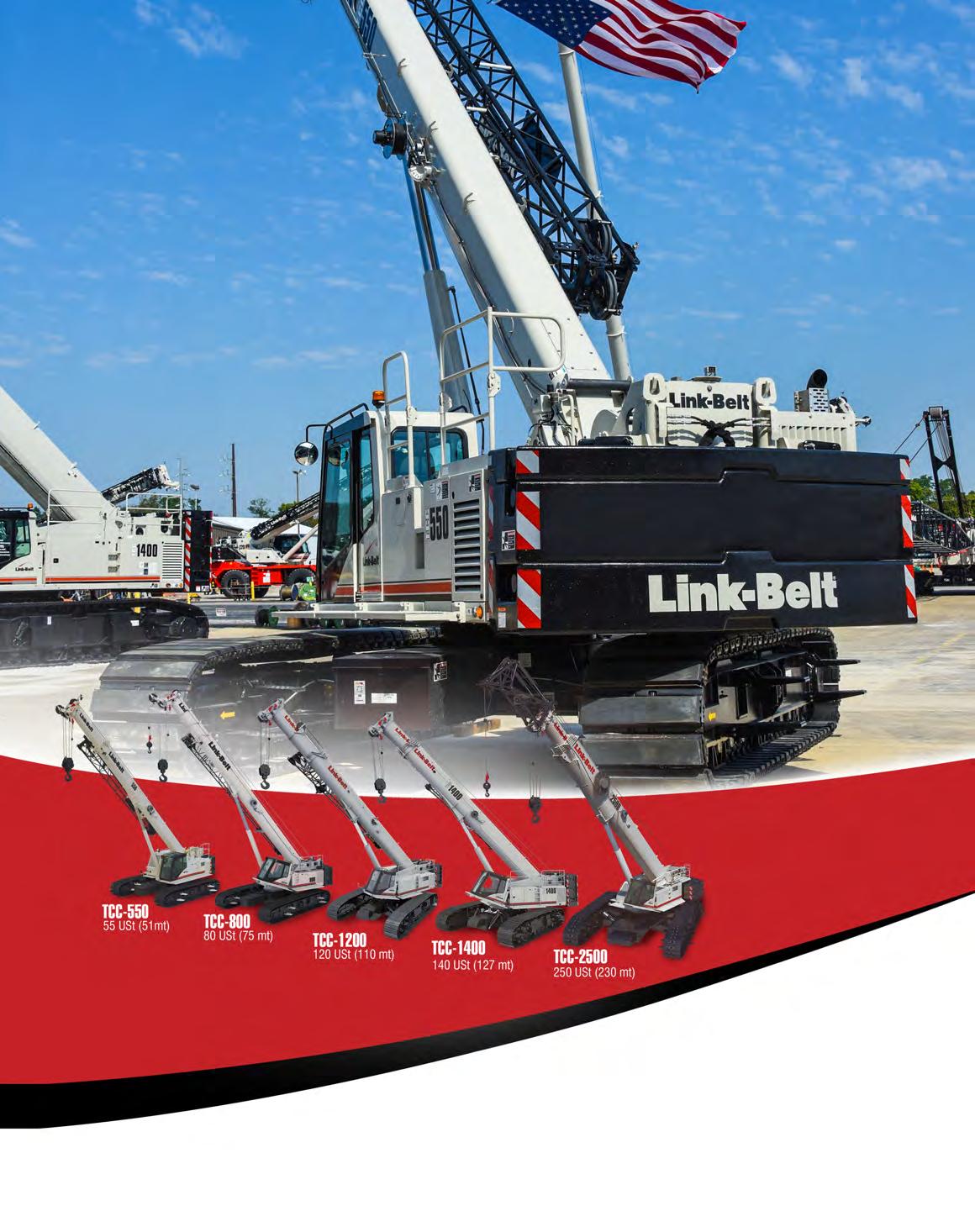


18405 115th Avenue Orland Park, IL 60467 877-399-6430
420 Nolen Drive South Elgin, IL 60177 877-399-6430
2500 Westward Drive Spring Grove, IL 60081 815-581-1479
613 E Stevenson Road Ottawa, IL 61350 815-587-7610
1035 Wylie Drive Bloomington, IL 61705 888-693-2271
480 Blaine Street Gary, IN 46406 219-240-0268
7021 Performance Drive N. Syracuse, NY 13212 800-342-7575

9 Finderne Avenue, Ste 7 Bridgewater, NJ 08807 908-203-0400

12 Mear Road Holbrook, MA 02343 508-868-7734


325 N. 5th Street, Bldg. A Sacramento, CA 95811 916-440-8090
Santa Ana, CA 714-265-6550
Las Vegas, NV 702-399-2700
Meridian, ID 208-888-3337
smequipment.com
14925 South Main St. Houston, TX 77035 713-721-7070 Dallas, TX 214-391-4000
Corpus Christi, TX 361-289-2782 Tulsa, OK 918-224-2000



Serving Ohio, Michigan, W. Pennsylvania, Kentucky
28985 Ambina Drive Solon, OH 44139 440-349-1999
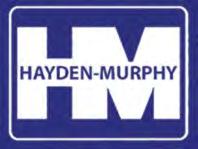

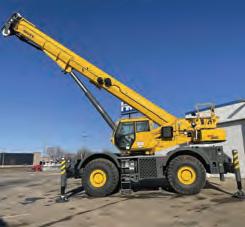
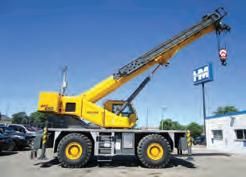

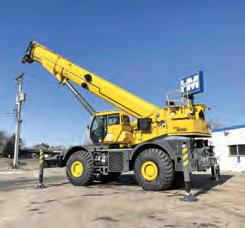
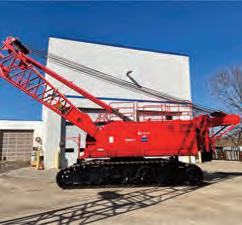
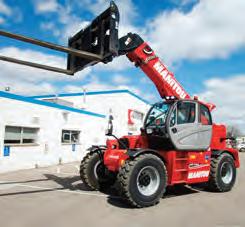
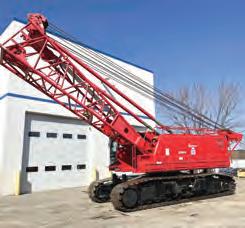
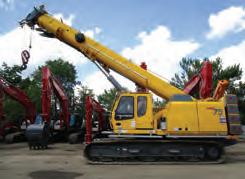
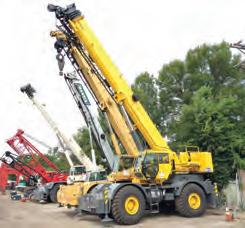

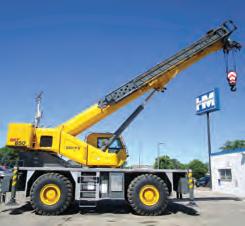
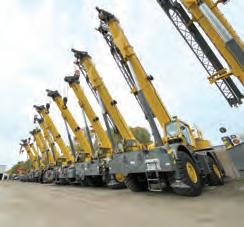
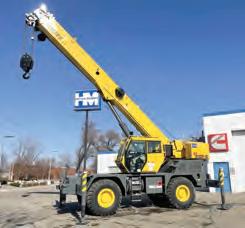
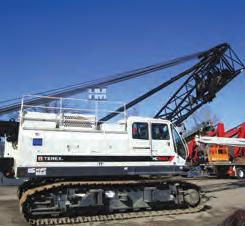
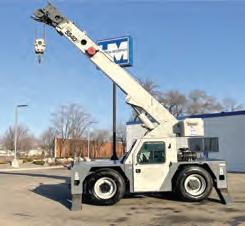
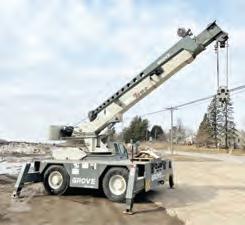
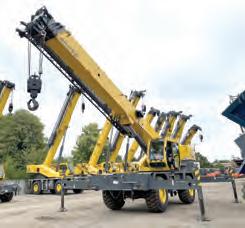
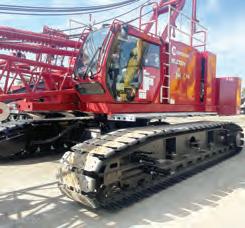
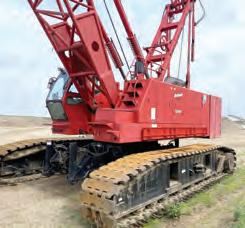
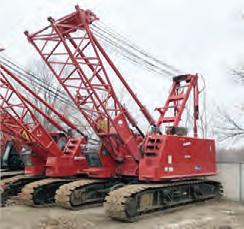
WESTERN PACIFIC CRANE & EQUIPMENT www.wpcrane.com

8600 Calabash Ave. Fontana, CA 92335 562/286-6618
1500 Madruga Road Lathrop, CA 95330 855/927-2637
275 W. Larch Road Tracy, CA 95304 209/597-3824
3521 Alken Street Bakersfield, CA 93308 855/927-2637
19602 60th Avenue NE Arlington, WA 98223 253/254-7950
91-210 Kalaeloa Blvd. Kapolei, HI 96707 808/682-7263
8912 NE Vancouver Way Portland, OR 97211 971/202-4002
6720 Arctic Blvd. Anchorage, AK 99518 855/342-7263
WPCE - CANADA
9538 195th Street Surrey, BC V4N 4G2 855/342-7263
HAYDEN-MURPHY EQUIPMENT COMPANY www.hayden-murphy.com

9301 E. Bloomington Freeway Minneapolis, MN 55420 952/884-2301 800/352-2757
HOFFMAN EQUIPMENT CO. www.hoffmanequip.com

New Jersey Corporate Headquarters 300 S. Randolphville Rd. Piscataway, NJ 08854 732/752-3600
South Jersey 1330 Hurffville Rd. Deptford, NJ 08096 856/227-6400
RING POWER CRANE www.ringpowercrane.com St. Augustine, FL 904/494-1219
Pompano Beach, FL 954/977-5010 Orlando, FL 407/855-6195
Tampa, FL 813/671-3700
Union City, GA 770/774-7300 Concord, NC 704/795-3636
Aiken, SC 843/818-1954
CLEVELAND CRANE & SHOVEL SALES INC. www.craneandshovel.net

26781 Cannon Road Cleveland, OH 44146 440/439-4749
Toll Free: 800/362-8494 aforepaugh@ craneandshovel.net

STEPHENSON EQUIPMENT, INC. www.stephensonequipment.com Philadelphia, PA 800/220-4033

Harrisburg, PA 800/325-6455
Wilkes-Barre, PA 866/667-6756
Pittsburgh, PA 800/692-7600 Syracuse, NY 800/368-6455
Albany, NY 518/357-2200
New York 1144 Zerega Ave. Bronx, NY 10462 718/822-1180
Mid-Hudson Valley 1440 Route 9W Marlboro, NY 12542 845/236-3000
Long Island 22 Peconic Ave. Medford, NY 11763 631/207-2900
Pennsylvania Philadelphia Metro Area 120 Gordon Dr. Lionville, PA 19341 610/363-9200
SHAWMUT EQUIPMENT COMPANY, INC. www.shawmutequipment.com
20 Tolland Turnpike Manchester, CT 06042 800/829-4161
136 Eastman St. South Easton, MA 02375 877/526-9213
SHAWMUT EQUIPMENT OF CANADA, INC.

318 Park Rd. Elmsdale, NS B2S 0G2 902/883-7450

are
continue to
and
and
with
with
with
from 55 USt to 550
from 30 USt
from 40 USt
capacities from 30
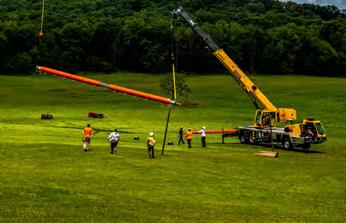

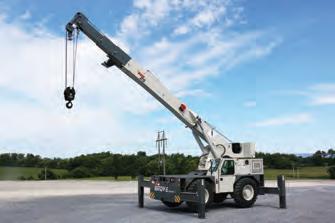
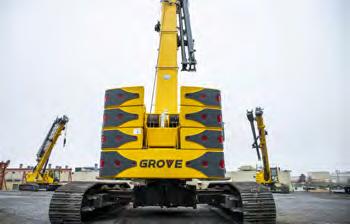
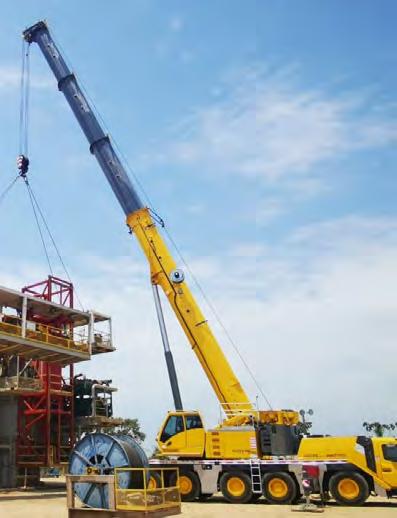
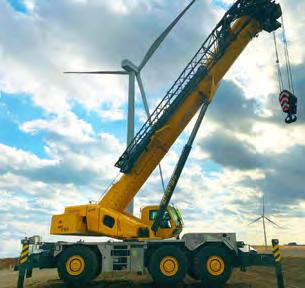
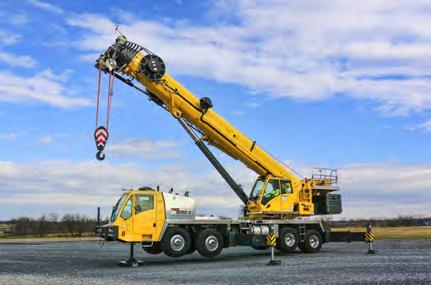
from 9 USt to 25
USt
165 USt
to 115 USt USt to 140 USt
Cathy Sewell, RLB principal, said the top three construction sec tors for cranes are residential, mixed-use and commercial.
In Las Vegas, Sewell said, the crane count remains unchanged. This year, new public works, commercial and residential projects will launch.
“Downtown Civic Center Building and Plaza construction is set to begin this year,” she said, noting several projects in the spotlight.
Also, “a new Marriott hotel and Dream Hotel Las Vegas will start in 2022,” said Sewell. “Near the convention center, construction of Fontainebleau continues.”
The number of working rigs holds steady in Los Angeles, where multi-family residential and mixed-use projects account for 67 per cent of crane utilization.
“The count for cultural and civic projects has slightly increased to 8 percent, and healthcare and hospitality sectors rose 6 percent and 8 percent respectively,” said Sewell. “The cranes dedicat ed to transportation projects account for around 8 percent of the local count.”
Cranes for commercial work remain steady, repre senting 4 percent of the count in Las Vegas.
“The large majority of cranes are allocated to residential and mix-use developments with industrial and commercial projects accounting for the remainder,” said Sewell. “New residential devel opments in the Marina and Nob Hill neighborhoods reflect the city’s critical need for housing.”
Seattle’s Capital Hill area has seen a resurgence in construction and the crane count there holds steady. Downtown Seattle has actually experienced a reduction in the number of rigs at work.
As in other major cities, the majority of crane activity is in the residential sector, but education projects are on the rise. Construction of healthcare facilities is steady while commercial work across the city is on the decline.
Since 2015, Toronto has led the North American crane count, and this year saw a 12 percent increase in cranes across the city, reported RLB.
This even as projects were completed, dropping 18 cranes from the previ ous survey count.
The Toronto commer cial side leads in crane demand with 18 more rigs at work on projects in that construction sector. Residential and mixed-use projects also grew and marked a combined increase of seven cranes.
Most major cities have seen an uptick in the number of multi-family residential projects, for which cranes are in demand.
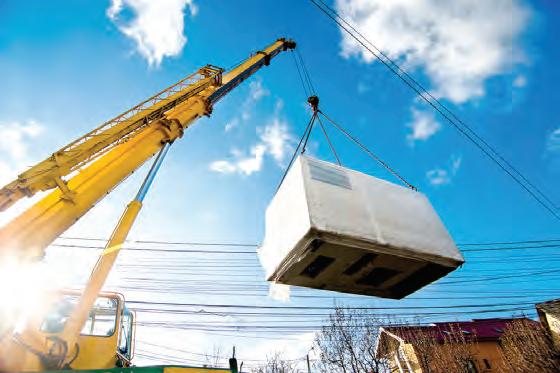
In New York City, the crane count has seen a slight increase. Half of the total is located in Hudson Yards and the rest within the parameters of 59 Street to 14 Street and Second Avenue to 12 Avenue.
“The JP Morgan tower alone has four tower cranes in opera tion,” said Sewell.
She noted that over the past few years, the city’s crane count has dropped dramatically.
Sewell attributed the drop to the possibility that developers are looking to repurpose existing buildings, such as the Waldorf Astoria hotel and the post office across from Penn Station.
According to RLB, there is stability in Phoenix, where the num ber of operating cranes remains unchanged.
Rigs are at work at residential developments, including Skye on 6th, a 26-story apartment complex that includes a parking garage and retail ground floor.
Another project at 3rd Street and Garfield, will be a 24-story multi-family development, with retail, conference and business spaces on the street level, said Sewell.
Portland, Ore., has seen a small decrease in the number of cranes at work, as larger projects near completion, she said.
“The highest concentration of cranes is in the Southwest along the waterfront,” said Sewell, adding that most projects are mixeduse or residential.
Those projects include senior living and affordable housing developments, but additional cranes are expected to work on sev eral university, healthcare and aviation projects set to launch this year.
In San Francisco’s downtown area, an increase in the number of cranes has been incremental.
In Washington, D.C., the crane count has dropped as residential and mix-used projects have drawn to a close, but “indicators for future growth are evident,” said Sewell.
“The pipeline for hospitality and residential sectors is particularly strong,” she added. “Throughout the Buzzard Point neighborhood, many new mixed-use projects are in development.”
In response to the upswing in crane counts, several crane providers have feathered their fleets with new rigs this year.
The All Family of Companies, Cleveland, Ohio, announced a purchase package of more than two-dozen Manitowoc and Grove cranes for its rental business this year. It includes 16 Grove roughterrain cranes with capacities from 30 to 165 tons. The RTs will be tagged for daily construction work as well as the thriving wind market, according to All.
“Equipment from Manitowoc and Grove are essential compo nents of ALL’s product mix,” said Michael L. Liptak, CEO and pres ident of ALL. “These new additions to the fleet will give our cus tomers outstanding flexibility for projects from the everyday to their most challenging.”
In total, 60 new cranes are being added to the ALL fleet this year, and approximately half have already been delivered, said the com pany. The machines will be distributed across ALL’s 33 North American branches based on market demand.
Morrow Equipment, Salem, Ore., also announced this summer it has ordered multiple flat-top, luffing and fast-erecting tower cranes for purchase from Liebherr USA. Morrow is an exclusive distributor of Liebherr tower cranes in North America.
The package is “part of our continued commitment to the best
quality equipment available in the North American tower crane market, along with our long-term growth strategy,” said Peter Juhren, president and COO.
In Bridgeville, Pa., Maxim Crane announced this summer the company has purchased 51 Grove mobile cranes. The package includes a mix of high-capacity RT cranes as well as five- and sixaxle all-terrain (AT) cranes and reflects customer demand.
“We evaluated each category of our current rental fleet and ana lyzed research data and conversations with our customers to deter mine what cranes they would need to meet their lifting needs for the next five years,” said Bryan Carlisle, CEO. “Based on the data, we felt that the combination of large RT cranes and AT cranes would enable us to maximize our uptime, increase our ‘rental readiness’ and provide the equipment that would be most versatile throughout the entire Maxim Crane footprint.”
Not quite so dramatic in number, several smaller crane orders placed this year have had a significant impact on their regional construction markets.
Aspen Equipment delivered two Grove RT cranes to Tri-County Construction on New Year’s Eve. The Eddyville, Iowa-based com pany put the cranes to work immediately on a demanding main tenance contract for an agricultural client.
“Aside from capital jobs, these cranes are generally being used on maintenance tasks, such as changing out gearboxes, conveyors and roof fans,” said Rod Ashman, Tri-County’s crane operation supervisor. “Sometimes we’ll require every pound of capacity and inch of available boom, and then the very next job might just be hoisting a 2,000-pound motor onto a 30-feet-high balcony at a 20foot radius. We can go from main boom picks of 50,000 pounds to erecting the jib and fly for a tip height of 275 feet in a matter of
minutes.”
Ashman said reliable performance is crucial to ensure the com pany fulfills its contract with the client.
“It all comes down to keeping our cranes maintained and in top working condition,” he said.
This summer, H. A. Leo Crane, Webster, Mass., took delivery of a Tadano AT crane from dealer Empire Crane, Holbrook, Mass.
A third-generation crane company, H. A. Leo offers rigging, lift ing and hauling throughout New England. In the 100- to 120-ton class, the AT crane was what the company needed for the type of work it does on a daily basis as well as the category of customers it serves.
Empire Crane also delivered a Tadano 200-ton lattice-boom tele crawler crane to C.D. Perry of Troy, N.Y. Perry chose the crane that fit its size requirements and simplified its job processes in marine, industrial, heavy civil and environmental applications.
“Telecrawlers are easier to operate, easier to mobilize, and when you can scope the boom in and out as well as retract the tracks in hydraulically, it makes it better for a variety of different applica tions,” said Tyler Fane, vice president.
RLB remains hopeful for the North American construction crane outlook.
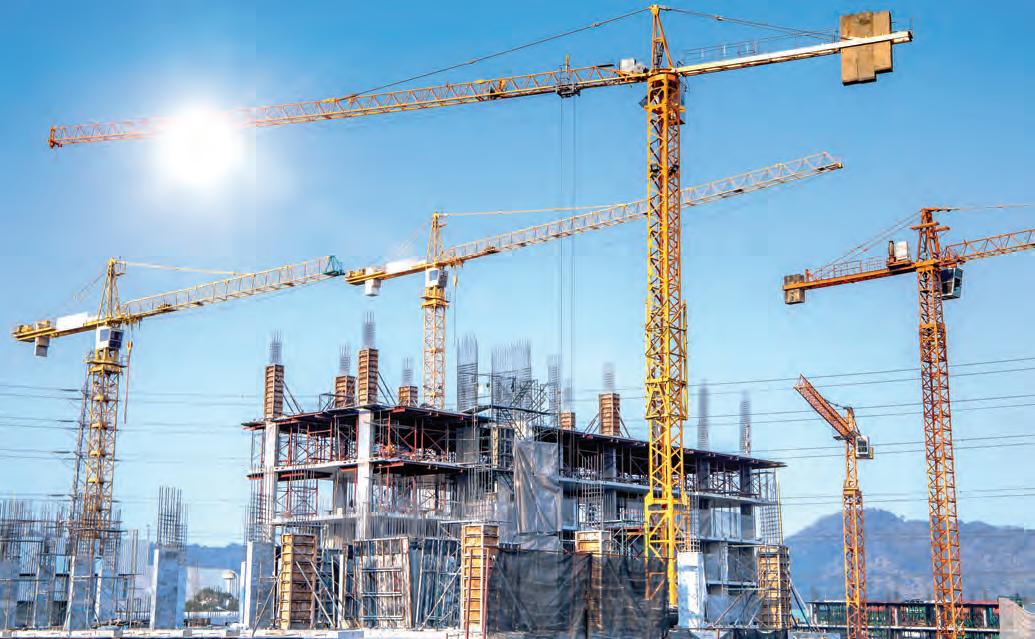
“We expect the crane count to remain steady,” said the construc tion consultancy.
The company noted that the even keel remains despite the fact that many projects are experiencing delays in their schedules due to supply-chain issues.
“Construction costs continue to climb up, giving some develop ers hesitancy to break ground at this time.”
CQ
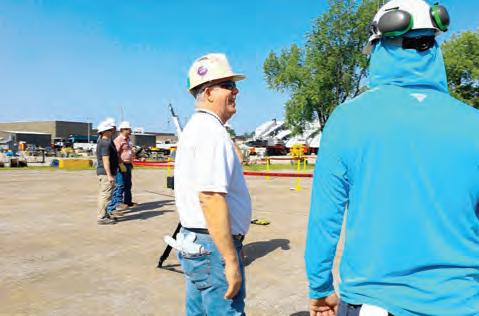


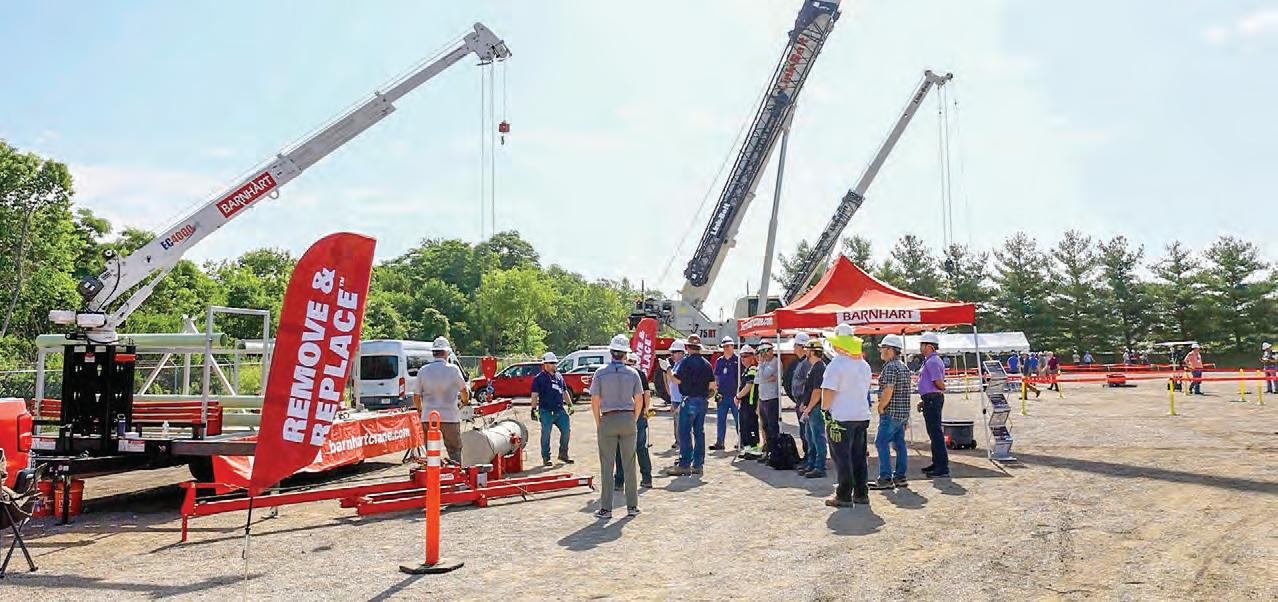
The group conducted hands-on demonstrations on Link-Belt’s 120-ton 120|RT and 75-ton 75|RT rough terrain cranes, as well as group discus sion on industry specific topics like nuclear plant maintenance and best practices.
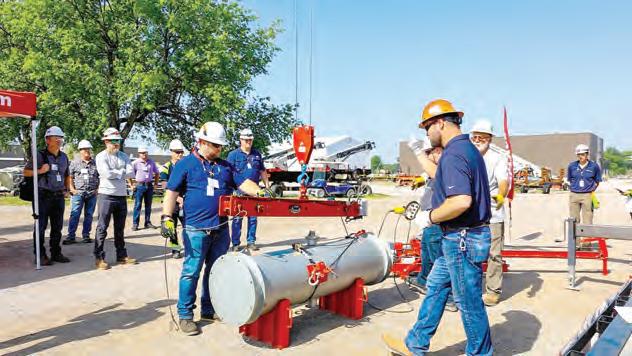
“We use mobile cranes extensively in our industry. Today we’re demonstrating boom deflec tion (with 120|RT), which is a common occurrence in our lifts, we lift very heavy objects at our power plants and boom deflection is critical because often the tolerances are very tight," said Matthew Hinman, principal technical leader – Nuclear.
Sixty-five members of the 2022 Electric Power Research Institute’s (EPRI) Hoisting and Rigging Cranes User Group attended a fiveday conference at the Hilton Lexington/Downtown in Lexington, Ky.
Sixty-five members of the 2022 Electric Power Research Institute’s (EPRI) Hoisting and Rigging Cranes User Group attended a five-day conference at the Hilton Lexington/Downtown in Lexington, Ky.
The group also conducted hands-on demonstrations at Link-Belt Cranes on Link-Belt’s 120-ton 120|RT and 75-ton 75|RT rough terrain cranes, as well as group discussion on industry specific topics like nuclear plant maintenance and best practices. In total, attendees represented 40 different companies across the United States and abroad, including Finland,
Slovenia and Sweden.
“The group here today is the hoisting rig ging and cranes user group. This is a col lection of subject matter experts in both engineering and maintenance departments at nuclear power plants around the U.S. and world,” said Matthew Hinman, princi pal technical leader — Nuclear.
EPRI collaborates with the electricity sector and its stakeholders since 1972 with mem bership growing to represent approximate ly 90 percent of the electric utility revenue generated in the United States and extends to participation in more than 38 countries. “We use mobile cranes extensively in our industry. Today we’re demonstrating boom
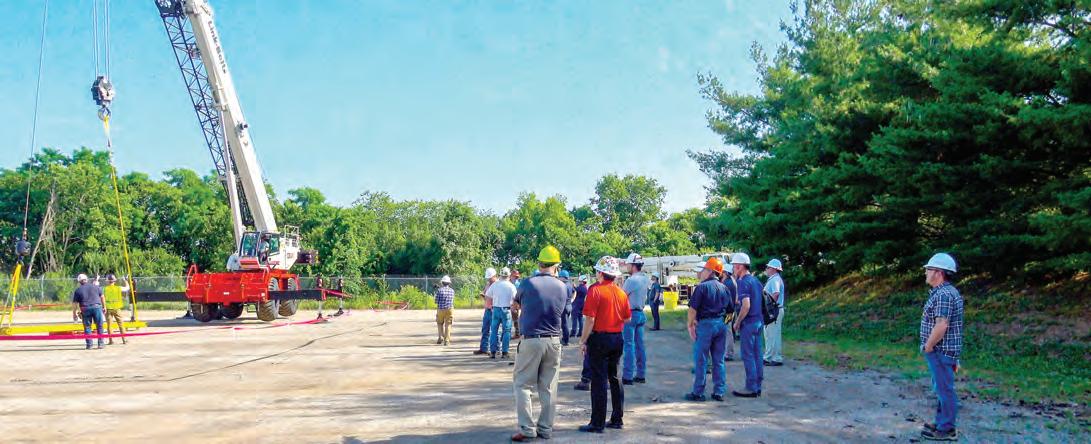
deflection [with 120|RT], which is a com mon occurrence in our lifts, we lift very heavy objects at our power plants and boom deflection is critical because often the tolerances are very tight. Safety is some thing we really take a lot of time and atten tion and focus on in our nuclear power plants. With the 75|RT we are tripping a unit, or turning or rending depending on your terminology, but we’re basically tak ing an object that’s installed vertically, lay ing it down horizontal. We do that with pumps, large intake screens, various struc tures in our power plants,” said Hinman. For more information, visit www.linkbelt.com.
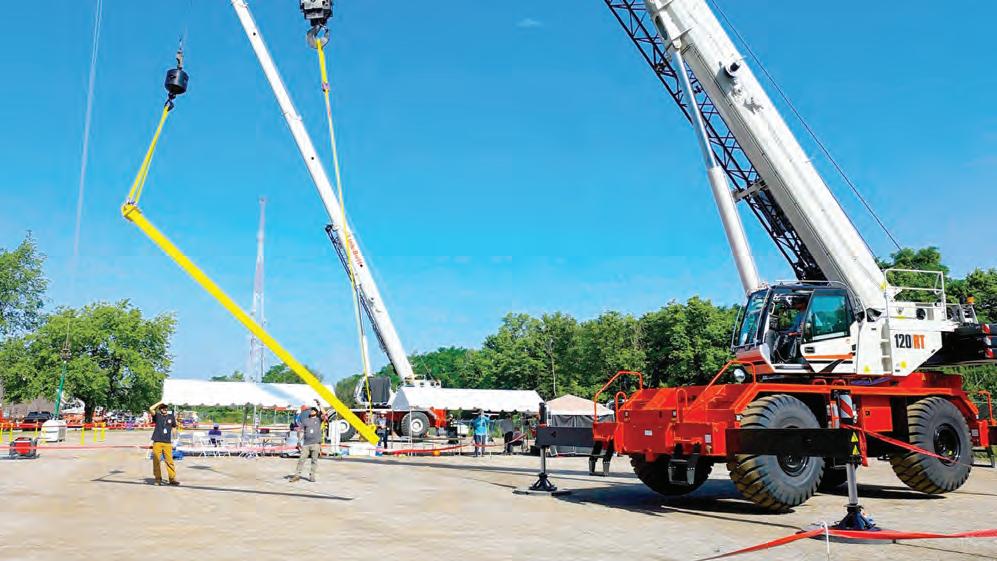
To support its successful manatee care and rehabilitation program, ZooTampa has purchased a new Shuttlelift SCD09 carry deck crane, replacing an older Shuttlelift crane that served the program’s staff for more than 20 years.
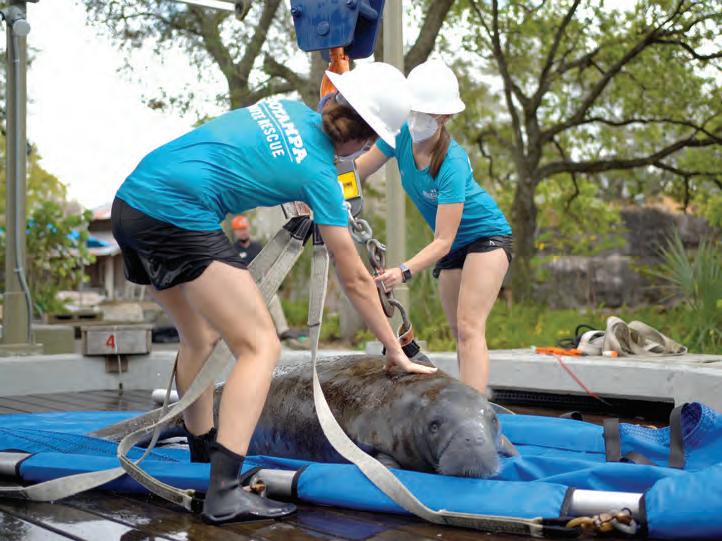
These increasingly threatened, gentle sea mammals have endured habitat loss, dan gers such as cold stress and red tide poi soning, and many are hit by boats navigat ing Florida waters, sometimes leading to animal fatalities.
ZooTampa’s David A. Straz Jr. Manatee Critical Care Center has looked after more than 500 seriously injured, sick or orphaned manatees, returning more than 280 of them back to the wild.
For the past 20-plus years, its trusty but aging 8.5 ton Shuttlelift 3330E was used to carefully handle the stretchers containing these vulnerable creatures whenever they needed medical care and rehabili
tation.
On average, ZooTampa admits 30 to 35 manatees into its hospital each year, although this figure is unfortunately increasing. And with its staff being on call 24/7 to receive stricken animals, its new 9 ton Shuttlelift SCD09 is of vital importance in ensuring timely treatment, explained Lisa Dijenno, animal care supervisor at the zoo.
“Without the crane, we wouldn’t be able to get the manatees out from the transport truck into their pool when they first arrive, or from there into the medical school. Sometimes they can weigh around 2,000 lbs. when they come in, and the pools are elevated above the ground, so we obvious ly can’t lift them by hand. Then, when they’re ready for release, we need the crane to get them from the pool into the transport truck.”
The SCD09 also provides crucial services on a daily basis, added Molly Lippincott, curator of Florida and manatees at
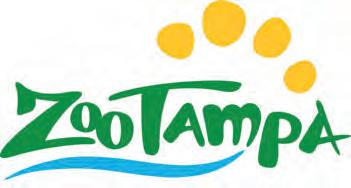
“We need to weigh the animals pretty regularly to monitor whether they’re gain ing enough weight — they should eat about 16 percent of their body weight daily. On average, manatees weigh about 1,500 lbs., and can move pretty quickly when they want, so it’s important that we do what’s best for both them and us. We would not be able to function as a hospital without this crane.”
With 13 manatees currently in different stages of rehabilitation at the facility, the Shuttlelift’s Rated Capacity Limiter (RCL) provides an extremely useful function, con veniently displaying the calculated load on its full-color, graphical display. Although the center recently rescued a “tiny” 43 lbs. newborn calf, some of its largest past patients have weighed upwards of 2,500 lbs., making their handling and transport the utmost priority.
Given the small number of crane opera tors who switch to a career in zookeeping, several of the ZooTampa staff have recent ly received training and NCCCO certifica tion in operation from nearby resources.
“We learned a lot on the job with the 3330E over the years, practicing without animals to begin with, but Sims Crane, our local Shuttlelift dealer, has made sure that we know everything about properly oper ating the crane,” Dijenno, said.
“But a lot of what we do isn’t really something that can be taught,” added Lippincott. “So, we’ve spent a lot of time working with each other to figure out the best way to handle a manatee, to ensure its optimum well-being. Having a wild animal on the front of a crane can be dangerous, so we usually meet as a team beforehand to discuss how we’re going to move them adequately — and what our backup plan will be if it goes wrong.”
With so much at stake, the easy opera tion of the SCD09 — enabled by features such as the easy-to-set-up graphic RCL sys tem, automotive-style dash panel, and hydraulic joystick control — is a welcome
800/523-2200 or e-mail: cmongeau@cegltd.com
bonus for the ZooTampa staff.
“Not only is the crane pretty intuitive to operate, but it’s also the perfect size for our needs,” Dijenno said. “It’s also pretty quiet, quick and efficient, which is really helpful when we need to move the animals as fuss-free as possible. And with its compact frame [19 ft. 7 in. long by 7 ft. 3 in. wide] and three steering modes [front, four-wheel coordinated and four-wheel crab steer with electronic alignment], it’s really easy to maneuver around the small area that we have, making sure we can quickly and effi ciently move manatees between the truck and the pool.”
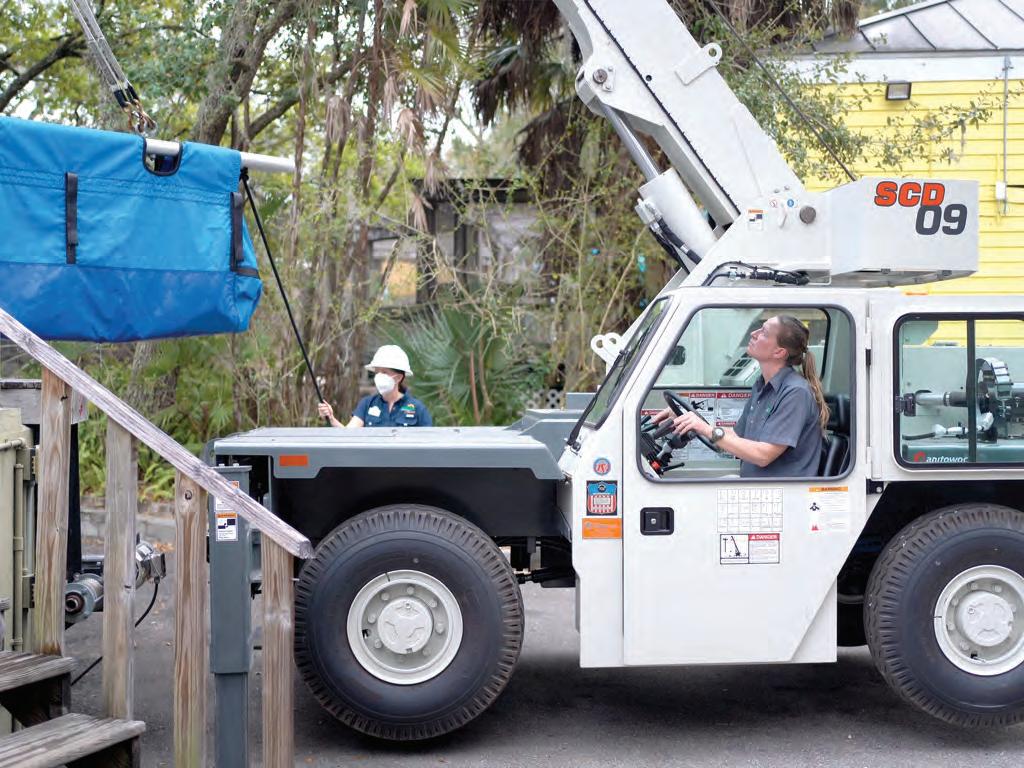
The facility’s limited space meant maneuverability was a key factor in ZooTampa’s purchasing decision, said Lippincott.
“This crane has worked out incredibly well for us,” Dijenno said. “We never know what’s going to happen on any given day — we have to be mentally prepared to jump into the crane at any moment. And the great thing about the Shuttlelift is, because it’s so easy to use, we’ve always
been successful in moving them properly.”
This is all a far cry from the traditional industrial applications of the four-model 9 to 25 ton capacity Shuttlelift range, with many models in Florida being involved in the phosphate business, power plants and construction industry. Nevertheless, the compact SCD09 was the obvious choice for ZooTampa, according to Jerome Willis, new equipment sales manager at Sims Crane, Florida’s largest crane service provider.
“Over 20 years ago, we started them off with our 8.5 t model and they kept it going ever since, so it was clearly doing some thing right. But, last year, they decided that they needed a new machine, so I came out to take another look at the location with Jaime Vaccaro, the animal care supervisor, and when she heard about the improve ments Manitowoc made to the SCD09, the deal was done the same night.”
“One option they were keen to take advantage of was the dual-fuel GM3.0L EFI gasoline/LP gas engine, which creates a much more pleasant environment for
wildlife,” added Tim Moffitt, regional busi ness manager at Manitowoc. “There’s also an optional 12 ft. swingaway jib, although the 33 ft. three-section main boom more than meets the zoo’s lifting needs. The exclusive three-position pivoting boom nose [0 degrees, 40 degrees or 80 degrees] is another useful feature. Every pick can be made in a smooth, controllable way, ensur ing utmost care for the manatee.”
ZooTampa at Lowry Park is operated by the Lowry Park Zoological Society, an inde pendent 501(c)(3) charitable organization “committed to excellence in conservation, education, recreation, and research.” ZooTampa is recognized for the rehabilita tion and care of Florida species and is an eleven-time winner of the Trip Advisor Travelers' Choice Award (2010-2022), rank ing among the top 10 percent of attractions worldwide.
For more information about ZooTampa’s manatee conservation program, visit zootampa.org.
For more information about Sims Crane, visit simscrane.com.
e-mail: cmongeau@cegltd.com

8800 W Buckeye Road Tolleson, AZ 85353 866-832-4831 Richmond, CA 866-832-4831
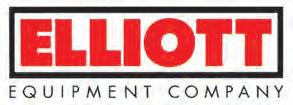
Albuquerque, NM 505-342-9378
El Paso, TX 915-852-7201 Tucson, AZ 520-408-9378
Fontana, CA 909-419-8000

51761 Danview Technology Court Shelby Twp., MI 48315 586-991-0054

325 N. 5th Street, Bldg. A Sacramento, CA 95811 916-440-8090
Santa Ana 714-265-6550
L & M Truck Sales, Inc. www.lmtrucks.com


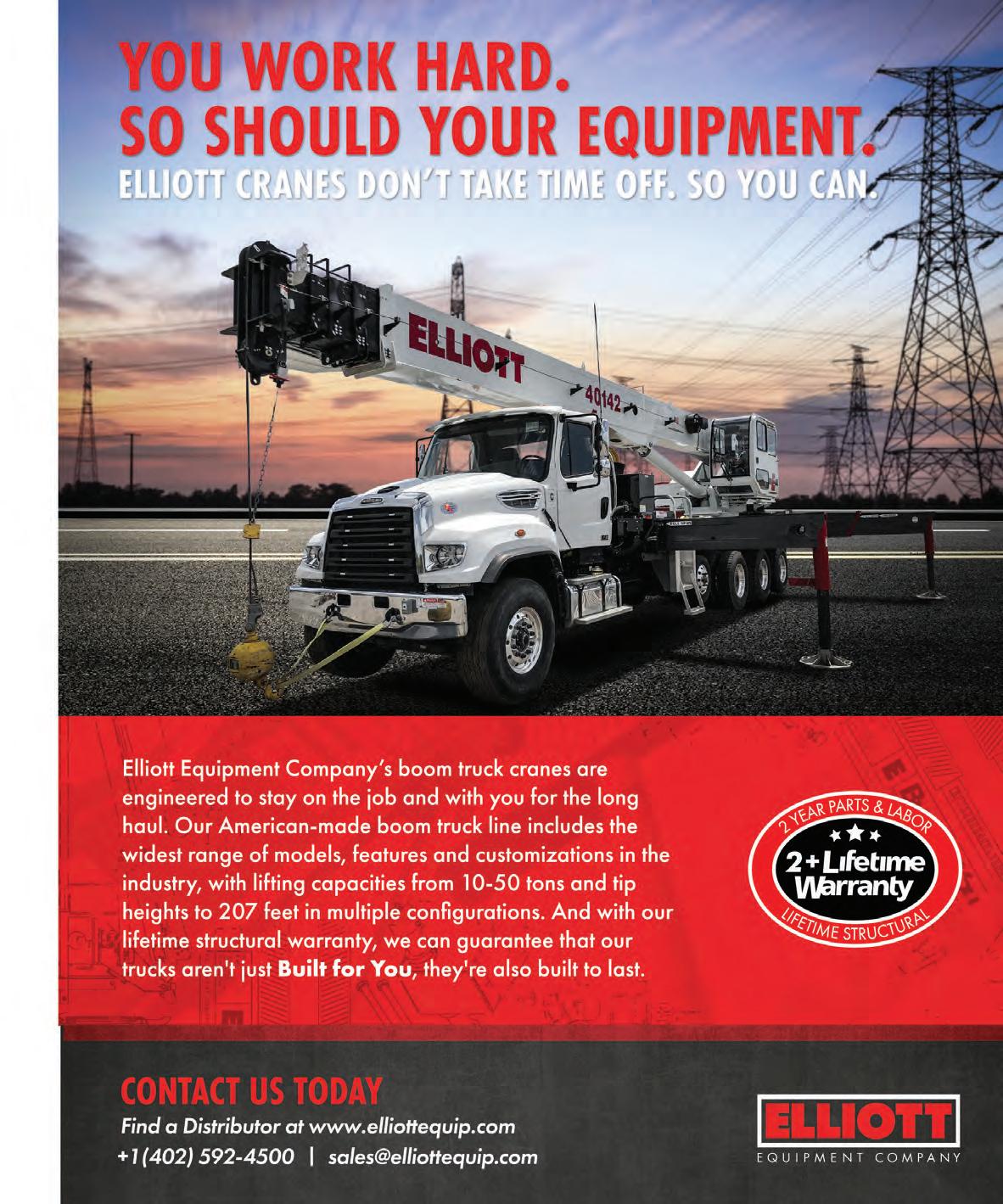
4001 E. Boone Ave. Spokane, WA 99202 509-535-4175
Long Beach, CA 562-273-7013
Bakersfield, CA 661-399-3600
Oxnard, CA 805-485-2106
Santa Maria, CA 805-922-8329
Las Vegas, NV 702-399-2700
5024 N 56th Street Tampa, FL 33610 813-621-8002

Harrisburg, PA 800-325-6455 Philadelphia, PA 800-220-4033 Pittsburgh, PA 800-692-7600
Wilkes-Barre, PA 866-667-6756 Albany, NY 518-357-2200 Syracuse, NY 800-368-6455
Elko, NV 775-777-7070 Meridian, ID 208-888-3337
Jerome, ID 208-324-2900
McCall, ID 208-634-3903
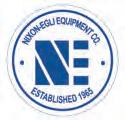
2044 South Vineyard Avenue Ontario, CA 91761 909-930-1822
800 East Grantline Road Tracy, CA 95304 209-830-8600
Twenty years ago, all eyes were on a farm in Somerset County, Pa., as a daring rescue took place for nine coal miners trapped 250 feet underground.
On July 24, 2002, the miners had accidentally tapped into a poorly documented abandoned mine, flooding their own mine with water and blocking their exit. Cold, wet and running out of air, for 77 hours spread across parts of five days, the nation was transfixed by the attempt to reach them, an event that came to be known as the Quecreek mine rescue.
Somerset County had made news just 10 months earlier, for a completely different reason, and locals were hoping this might have a happier ending. The Quecreek mine rescue occurred less than a year after the 9/11 attacks, in the same Pennsylvania county where Flight 93 crashed into a field when passengers overpow ered terrorist hijackers.
When word spread of the trapped miners, hundreds of people sprang into action to assist in the rescue effort, including civil engineers, state government officials, local clergy and the man who owned the farm.
the water rising and fears the nine miners were down to their last hours, timing was crucial, and the ALL RT was in the right place at the right time. It was commandeered for the rescue effort, with the full blessing of ALL and its customer.
“In matters of life or death, priorities shift in an instant,” said Jason Wellington, general manager, ALL Crane Rental of Pennsylvania. “When we heard our crane might be able to help those trapped underground, we sent it on its way as soon as possible.”
The unit was trucked the few miles to Dormel Farms, where the rescue shaft was already drilled. On July 28, 2002, at approximately 1 a.m., the first miner was lifted to safety. He was chosen to go first because he was experiencing chest pains. The remaining miners were taken out in order of weight, heaviest first, because the final man would have no one to help him get into the rescue capsule.
In 15-minute increments, each was lifted out by the crane, the final man reaching the surface at 2:45 a.m.
All the men were experiencing hypothermia from the days spent wet in the dark, but all were rescued alive.
A ceremony marking the 20th anniversary of the rescue was held July 22 to 23, 2022, at Dormel Farms, where a permanent tribute monument has been erected. The original rescue shaft and air shaft are preserved on the site as well.
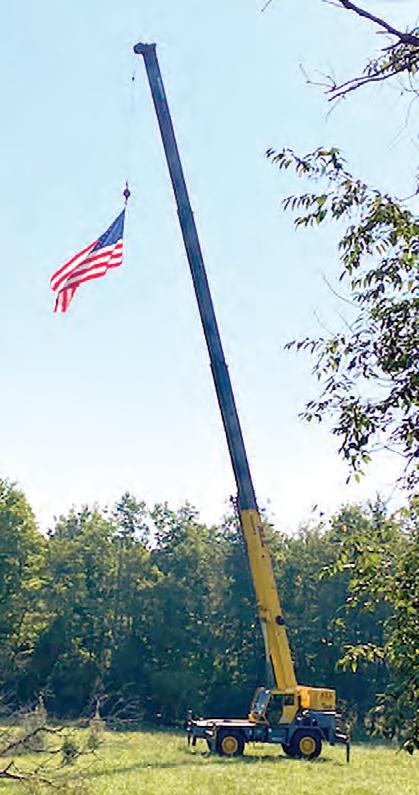
The ALL Family of Companies donated a Grove RT540E rough terrain crane, symbolic of the original 40-ton ner that performed the rescue work, with an operator for this two-day event.
Also playing a role: a Link-Belt RTC8040 rough terrain (RT) crane from ALL Crane Rental of Pennsylvania, a mem ber of the ALL Family of Companies. The 40-ton capacity machine was used to lower the rescue capsule into the ground and retrieve the trapped min ers, one at a time.
At the time of the accident, the crane was in another part of Somerset County, working on improvements to the Pennsylvania Turnpike. Their smaller size and easy mobility make RTs popular for road work, but this unit was destined for a greater task. With
Affixed to the crane for this visit was the U.S. flag flying at the Pentagon dur ing the September 11 attacks, on loan to celebrate Quecreek’s happier ending.
In the years since the Quecreek mine rescue, analysts have posited that hundreds of small, correct decisions added up to result in the safe rescue of all nine miners. Some luck was involved, too. A little bit of that luck was that road construction was occur ring just a few miles away, using a crane that was easily repurposed for lifting trapped, exhausted men out of a 250-ft. rescue shaft.
For more information, visit www.all crane.com.

“In matters of life or death, priorities shift in an instant. When we heard our crane might be able to help those trapped underground, we sent it on its way as soon as possible.”
Jason WellingtonThe ALL Family of Companies donated a Grove RT540E rough terrain crane, symbolic of the original 40-tonner that performed the rescue work, with an operator.
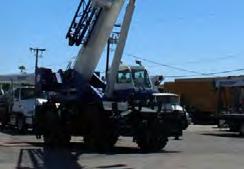
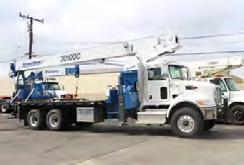
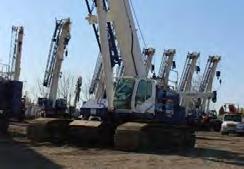
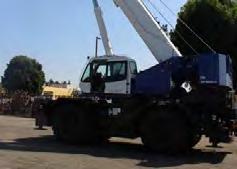
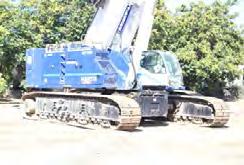

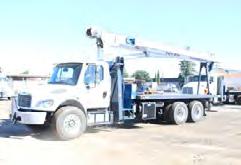
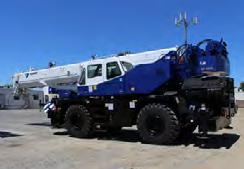
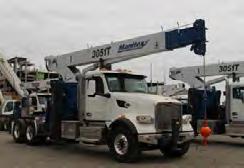
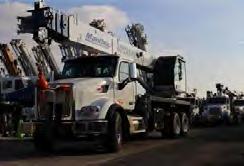
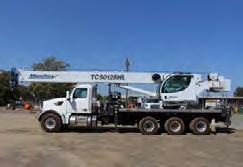

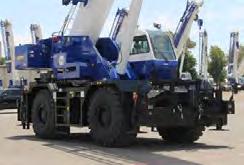
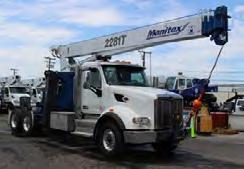
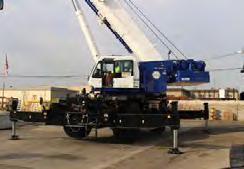

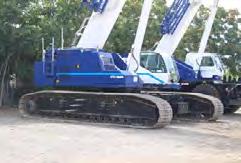
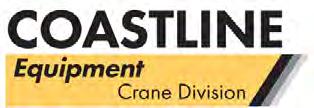
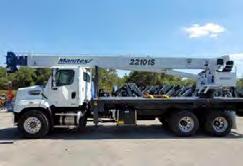
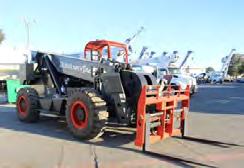
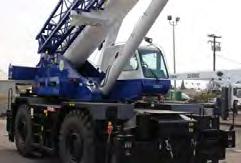


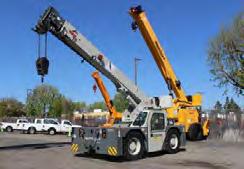
German crane services company Merkel Autokrane selected two of its 275.5 ton Grove all-terrain cranes for a challenging tandem lift in the Bamberg area of Lower Franconia.
The GMK5250XL-1 and GMK5250L were called in to build a multistory parking lot for one of the world’s largest online retailers of musical instruments.
Dieter Popp, regional sales manager of Manitowoc, said existing infrastructure at the job site necessitated the innovative two-crane solu tion.
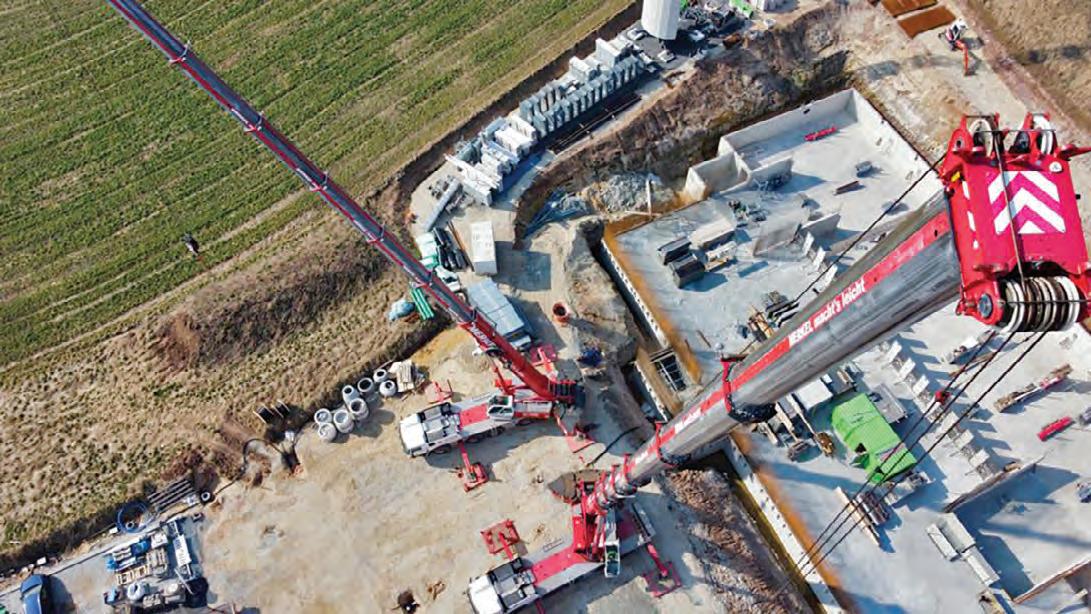
“This was a tricky project because existing underground utility lines meant a larger crane could not be used. Because of this, Karlheinz Göring from Merkel Autokrane’s field service department opted to use two of the company’s [275.5 ton] Grove all-terrain cranes in tandem.
“With plenty of strength and reach, these five-axle units handled the project’s challenges with ease. Also, with our CCS [crane control system], operators can use the joysticks to carry out fine movements with closer control, which was a valuable feature on a technically-demanding tan dem lift such as this.”
German Biz Picks Two Grove Cranes for ‘Tricky’ Project Karlheinz Göring of Merkel Autokrane’s field service department opted to use two of the company’s 275.5 ton Grove all-terrain cranes in tandem for a challenging lift.“With plenty of strength and reach, these five-axle units handled the project’s challenges with ease.”
- Dieter Popp -
A series of precast concrete beams were positioned by the two Grove cranes for the parking garage, which has two basement and three above-ground levels. Both cranes were fitted with 88 tons of counterweight, with the GMK5250XL-1 lifting at a radius of 128 ft. and the GMK5250L at 151 ft. The beams each measured 52.5 ft. in length and weighed 14.3 tons and were placed during a single day.
The newer of the two cranes on the project is Merkel Autokrane’s GMK5250XL-1. This crane has the longest main boom in its class, due to a 257.5 ft. telescoping TWIN-LOCK boom, which can be extended up to 357.6 ft. with the addition of a jib plus inserts.

Power comes from a Mercedes OM471LA EUROMOT 5 engine, which drives the carri er and the superstruc ture. The engine technology means the GMK5250XL-1 can deliver up to 30 per cent lower fuel costs compared with pre vious-generation models, the manufac turer said.
Alongside the GMK5250XL-1, was Merkel Autokrane’s GMK5250L. This model has a 230 ft. main boom and can lift loads of up to 31 tons at a 72 ft. radius. A powerful yet versatile five-axle machine, the GMK5250L is fast to set up on the job site and offers enhanced maneuverability through its MEGATRAK suspension system, which features on all
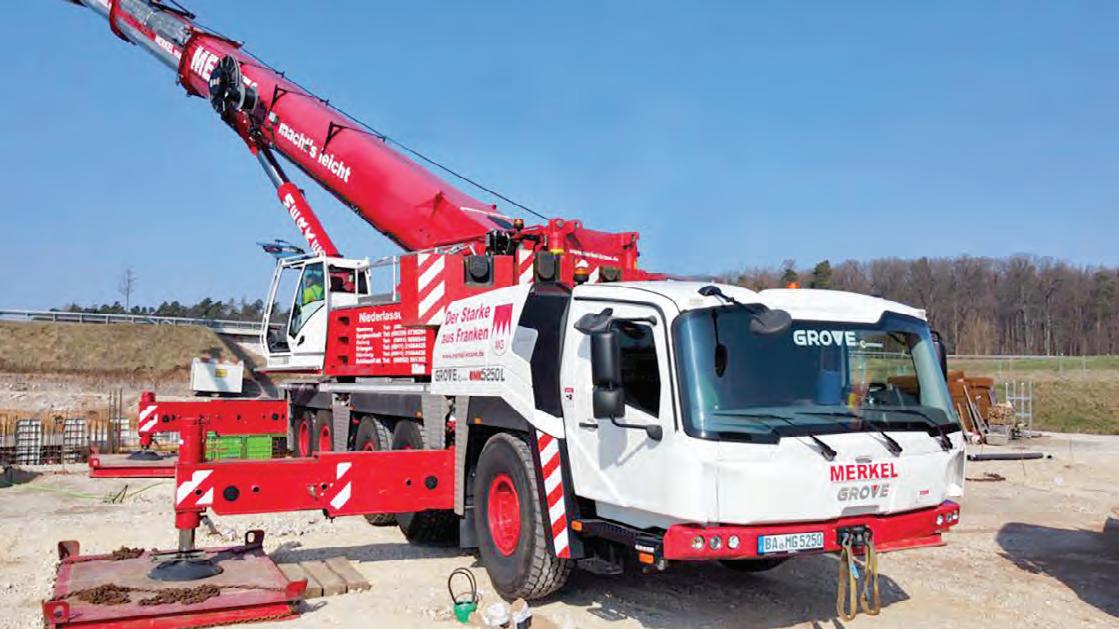
Both cranes were fitted with 88 tons of counterweight, with the GMK5250XL-1 lifting at a radius of 128 ft. and the GMK5250L at 151 ft.
Merkel Autokrane offers crane and transport services in northern Bavaria and throughout Germany. Over the past 23 years, the company has established itself as a reliable partner, due to its experienced staff and modern, well-equipped fleet of mobile and loader cranes. The company’s fleet currently includes four Grove cranes, and it also operates a range of heavy transportation vehicles. In addition to the two Grove cranes used on the tandem lift, Merkel Autokrane operates a Grove GMK4090 and a Grove GMK5150L.
Merkel Autokrane handled the project directly via its head office in nearby Bamberg. The company also operates from branches in Schlüsselfeld, Burgkunstadt and Nürnberg.
For more information, visit www.manitowoc.com.
CQ
800/523-2200 or e-mail: cmongeau@cegltd.com
Merkel Autokrane offers crane and transport services in northern Bavaria and throughout Germany.
The growth of Bilbao’s port has been a real success story for Spain in recent years. But the increased traffic to and from the har bor had become a problem for the city’s ageing roads and was leading to frequent congestion.
A new relief road was planned but required Mammoet’s special ist help to construct while preserving the ecology along the route through the scenic Bolintxu valley.
Bilbao is established as one of Spain’s busiest ports and has in the past two decades seen continued expansion with shipping traf fic heading to Europe and further afield. But this, along with urban sprawl and increased vehicle usage across the city, has meant that some existing road infrastructure is struggling to cope.
High levels of congestion are common and so the regional gov ernment commissioned the new Supersur relief road to allow traf fic bound for the port and the scenic coastline to avoid travelling through the city.
With much of the Supersur now complete, the final section to provide a seamless route around the outskirts of Bilbao required an impressive feat of engineering — the construction of twin viaducts spanning up to 531 ft. across the scenic Bolintxu valley to link road tunnels on each side.
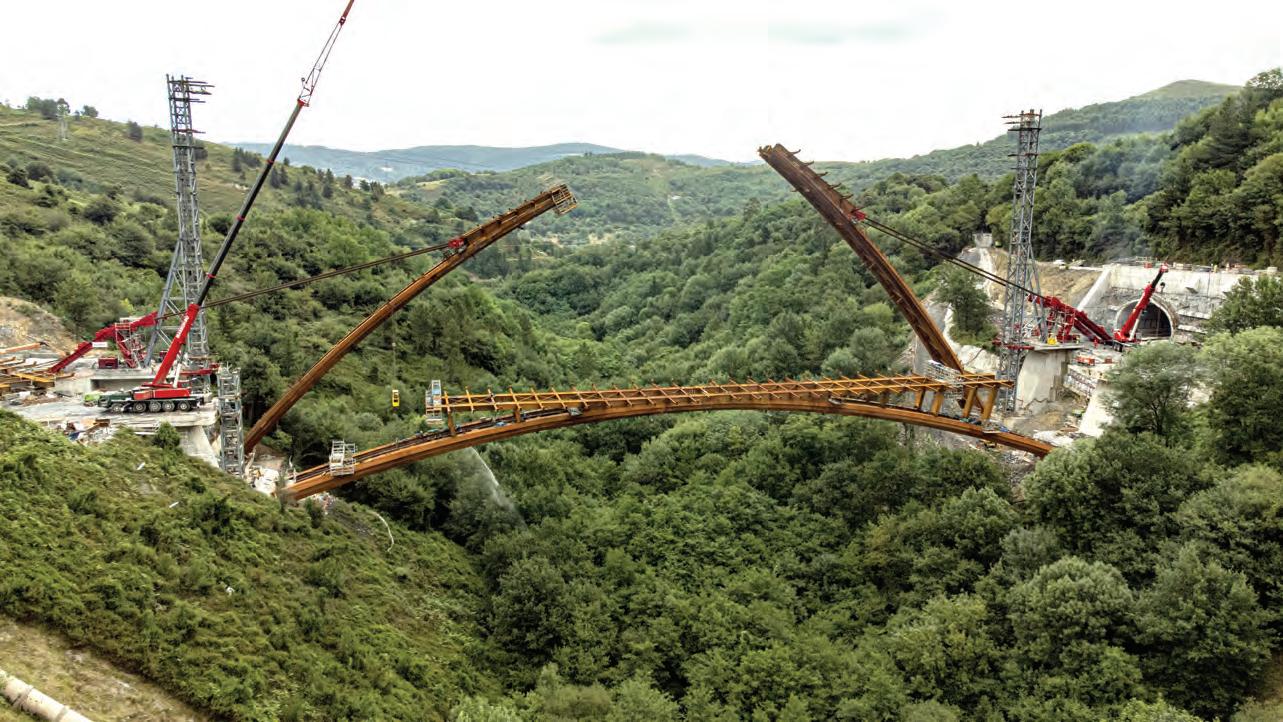
But the length of these bridges was only the start of the chal lenge for project owner Interbiak and structural engineering con sultants Arenas&Asociados.
The Bolintxu valley is a protected area of natural beauty and ecological importance, and so the project needed to ensure that any structure crossing it not only had a minimal footprint but also avoided disrupting the area during installation.
Alejandro Godoy, project manager at Arenas&Asociados said, “Interbiak stipulated, quite rightly, that the method of construction for the new bridges needed to take into account the potential impact on the natural environment as a primary concern. This meant that we had to explore alternative ways to solve this chal lenge, as a conventional approach would have been to use temporary scaffolding or support
towers down in the valley.
“From the beginning we thought the lowering method could be an effective alternative. Being aware that Mammoet was able to deliver such operations, having seen their work at the Alconetar Arches Viaduct over the Tajo River and the Bolueta Arches over the Nervion River, for the City Metro of Bilbao, they were our first call to establish the best common approach.”
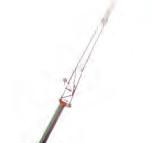
Discussions on finding a suitable solution began several years before the project was due to commence, with technical analysis and studies conducted to understand precisely what was possible within the geography of the area. It was decided that the design of the bridges would each consist of an arch spanning the valley with supports only in the form of abutments on each side. It was then up to Mammoet to propose the best solution to install them.
Veronica Arrayago, Mammoet project manager said, “Avoiding disruption to the river and the valley floor meant that we looked at how a swivel arch methodology could be used, which would allow construction of the bridges by lowering an arch segment from each side of the valley. Although this technique has been used a handful of times in recent decades, it is not common. Further, whilst similar bridge spans have been installed this way before, the weight of each arch section — up to 1,150 t — had not. So we were facing a landmark operation in every sense of the word to ensure the bridges were put into place safely and efficient ly.”
The approach would see each arch erected in two halves — one at each side of the ravine — before lowering and tilting them slowly to meet in the center. Each semiarch would be built upright, supported by a temporary scaffolding tower and mounted on top of a large swivel. Once both semiarches were completed, they would be simultaneously tilted down and lowered, rotating on their swivels in a smooth and controlled strand jack operation.
“We recognized that moving such large components would present a challenge and demand some of Mammoet’s highest capacity
It was decided that the design of the bridges would each consist of an arch spanning the valley with supports only in the form of abutments on each side.
strand jack equipment, especially as the final position of the bridges meant they would face very high tension loads,” said Arrayago.

“However, we needed to be creative in the design of the equipment and where it was installed because the space between the tunnel openings and bridge abutments was extremely limited; the tunnels had to be used for tasks such as laying out strands as they were threaded into the jacking equipment. Furthermore, the tunnels were the only access route in and out of the site and would also be in use for other project workflows at the same time — so an extremely thorough plan across all phases was required in order for us to execute suc cessfully.”
The result was a methodology that allowed each semiarch to be moved direct ly from where it had been constructed onsite. Two bundles of steel cables were connected to an elevated section of each semiarch, which would then be moved via strand jack to lower the section. The strand jacks were to be mounted on tailored swiveled steel frames that had been fully engineered, designed, and manufactured by Mammoet for the project, and connect ed to a temporary foundation behind the abutment.
However, the massive forces that would be at play during the operation meant that multiple strand jacks would typically have been needed for each cable bundle, mean ing additional steelwork, more ground work and therefore more time and expense. Mammoet’s unique equipment inventory proved key in avoiding this.
“Mammoet owns a number of 1250 t strand jacks, which are the largest in the world and unique to us having been cus tom designed to our specifications,” Arrayago said. “They proved invaluable for
the Bolintxu project as it allowed us to use fewer strand jacks for each arch, reducing time and cost for the client and making best use of the highly limited space on site.”
The commencement of an operation of this kind is triggered by breaking the static balanced position of the semiarches when they are still connected to the temporary scaffolding towers used for their construc tion. For this purpose, Mammoet deployed six push-pull cylinders of 70.5 ton capacity behind each arch to generate the sufficient force for the semiarch to start its way down into the valley.
Each bridge took between two and three days to successfully install. The first day was spent completing the slow and careful equilibrium-breaking process, while the remaining time was used to lower the com ponent smoothly until it was in place ready to connect to the opposite side.
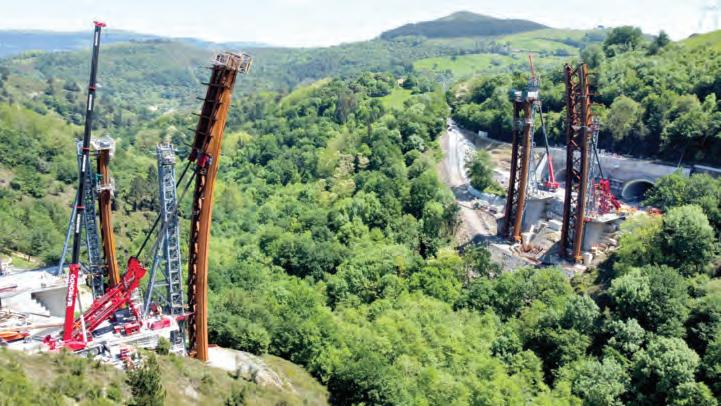
The result is that the Supersur can now form a new, faster and less congested route that takes traffic away from the center of Bilbao. Critically, this has been done with minimal impact on the local environment and no disruption to the delicate ecology in the Bolintxu valley.
“We are delighted to have helped com plete this landmark project, and important ly that with the help of Mammoet we were able to do so in a way that was compatible with the natural environment,” Godoy said. “Mammoet’s expertise in planning and exe cuting the lowering operations, and their efficient access to the right specialist equip ment, was crucial in making sure the work was completed safely, accurately and on time.”
For more information, visit www.mam moet.com.
The Bolintxu valley is a protected area of natural beauty and ecological importance, and so the project need ed to ensure that any structure crossing it not only had a minimal footprint but also avoided disrupting the area during installation.“Avoiding disruption to the river and the valley floor meant that we looked at how a swivel arch methodology could be used, which would allow construction of the bridges by lowering an arch segment from each side of the valley.
Veronica Arrayago
The Manitowoc 999, regarded as a contractor’s choice in the 275-ton crawler class for more than two decades, extends its reign to the next generation with the introduction of the new MLC250.
The new MLC250 includes significant updates while retaining the characteristics that have built the 999’s reputation in the infrastructure, refinery and commercial building end markets. The improvements are designed to make operators and service technicians work more efficiently — and in greater comfort.
Fleet owners benefit from the extra flex ibility and cost savings offered by this crane as it shares parts with many of Manitowoc’s legacy and current models.
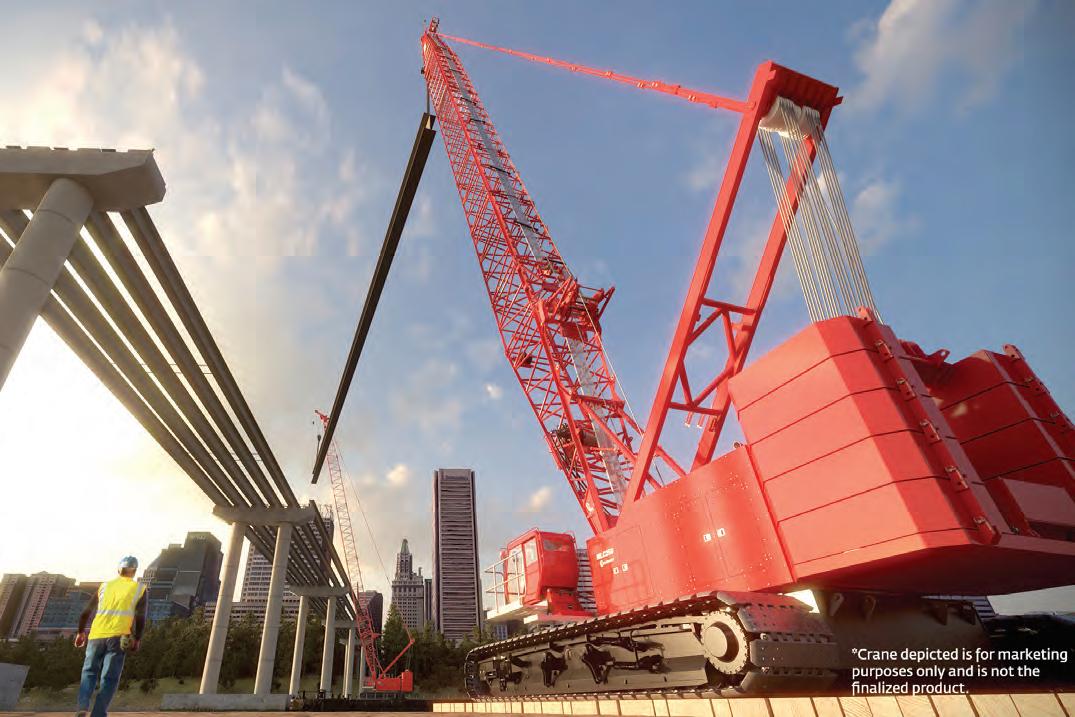
Key specifications largely remain unchanged, with the new MLC250 using the same #82 boom sections that provide a max boom length of 290 ft. and class-leading load charts.
One key change is the switch to openloop hydraulics, versus the closed-loop sys tem on the 999. Now, every main function (aside from swing) is powered by the same two main pumps, reducing parasitic load. With fewer pumps constantly requiring power, operators will see a more robust overall hydraulic performance, along with faster engine starting in cold weather.
That engine remains the durable Tier 4F Cummins QSL9 that offers one of the best power-to-weight ratios in its class, now in a more efficient 340 hp 2,100 rpm version that complies with EU Stage V regulations.
Several major changes have been made to the carbody. The carbody counter weights now double as part of the upper deck and serve as a more stable walking platform, replacing the 999’s walkways that pivoted over the counterweights. Taking inspiration from the MLC100 and MLC150, the new model features fabricated steel component enclosures with swing-open doors (rather than the fiberglass gullwing doors of its predecessor), which improves compartment access and mobility around the crane. The upper platform is easily reached via new steps mounted onto the undercarriage.
The crawler tracks are offered in stan dard 48-in. shoe width and new optional 60-in. width for greater stability and reduced ground pressure. The crawler drive motor is relocated from the carbody to the tumbler to provide better perform ance.
Operators will appreciate the improve ments in ergonomics with a wider standard
cab with an optional 20-degrees of hydraulic tilt. For more space, the MLC250 can be ordered with the Manitowoc Vision Cab, which also is offered on MLC300 and MLC650 models.
With these cab updates, the legacy EPIC system is replaced with the more userfriendly Manitowoc Crane Control System (CCS). The CCS features a full-color graphic display and dual-axis electronic joysticks that simplify the entire lifting process and is common with Manitowoc’s MLC range and Grove mobile hydraulic cranes.

“The Model 999 has been a firm favorite with contractors in the heavy construction and energy sectors for 20 years, providing enough reach and capacity to tackle virtu ally any job,” said Brennan Seeliger, prod uct manager at Manitowoc Cranes.

“Feedback received through our Voice of the Customer new product development process showed that users were still satis fied with its performance, but there were areas that could be enhanced to bring it in line with our newer crawlers. Following a wide range of updates, it seemed only log ical to move the 999 into the MLC line-up, which shares many of those same fea tures.”
For more information, visit www.mani towoc.com.
If there’s one thing Benchley Contracting & Rental Corp., dba Benchley Cranes, knows, it’s how to grow business. The Forestville, N.Y.-based company’s roots trace back to 1957 with just a single crane, dragline and dozer. Today, the company has a large lifting fleet of all-terrain, boom truck and rough-terrain cranes with capac ities reaching 400 tons to serve customers in the Buffalo and western N.Y. markets.
The lifting company’s latest fleet addi tion, the Tadano GR-1000XLL-4 rough-ter rain crane, is the first Tadano crane for Benchley Cranes. It will be used primarily to expand the company’s offerings for the long-term steel erection and windfarm installation business.
“We’ve heard good things about Tadano cranes, and the lift chart and extra boom length were selling points for us,” said Andrew Benchley, vice president of Benchley Cranes. “It is the largest rough terrain crane in our fleet, offering a 100-ton capacity.”
Benchley Crane’s GR-1000XLL-4, pur chased from Empire Crane Company of Syracuse, N.Y., has a hydraulically telescop ing maximum main boom length of 167.3 ft., the longest boom in the 100 ton class. It also features 24,700 lb. of self-removable counterweight to get the operator the best possible load chart and radius in the small est package.
“It also has the [Tadano] Smart Counterweight system, which gives us two mounting positions, one to reduce tail swing, which is helpful when working in tight sites,” added Benchley.
These features, plus offering the lowest cost of ownership for crane maintenance in the industry, combine to make the GR1000XL Series Tadano’s most popular model in North America, according to the manufacturer.
After Benchley Cranes took delivery of the new crane, Empire Crane conducted training, so the lifting company’s operators could get used to its many new features.
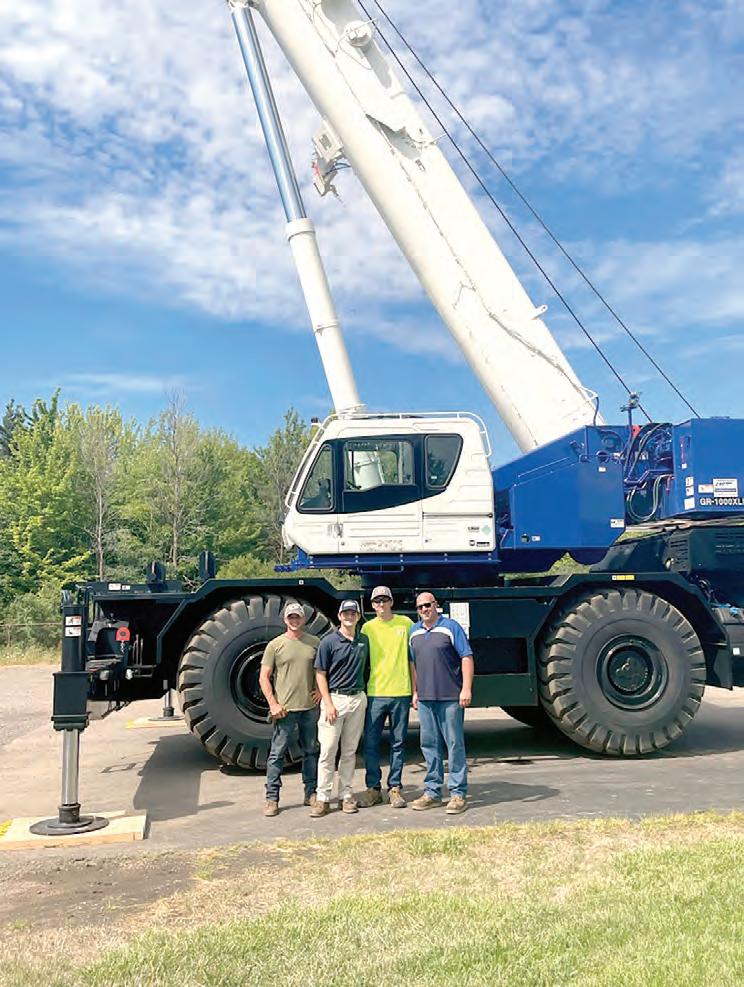
“Benchley Cranes’ operators are some of the best in the industry and quickly picked up crane operation,” said Paul Lonergan, president of Empire Crane.
“We have enjoyed a long relationship with the company, dating back to Andrew’s and my father working together on crane pur chases and support more than 30 years ago.”
Benchley said the operators liked some
of the crane’s creature comforts such as air conditioning and the cab’s ability to tilt, which makes it easier on the operator to see the load during a lift. He also appreci ates the additional cameras on the crane and back-up sensors, which help to maneuver the crane into tight spots.
One of the biggest advantages for Benchley Cranes is the GR-1000XLL-4’s Smart Chart feature that helps to maximize the crane’s lift capacity, especially when the
outriggers cannot be fully deployed.
“It doesn’t rely on a 360-degree load chart,” said Benchley.
Tony Hampton, regional business man ager — Northeast of Tadano added, “The system determines the crane’s lifting capac ity for every boom position as a function of the superstructure’s slewing angle, so it makes use of the maximum available lifting capacity with any outrigger configuration, including asymmetrical positioning.”
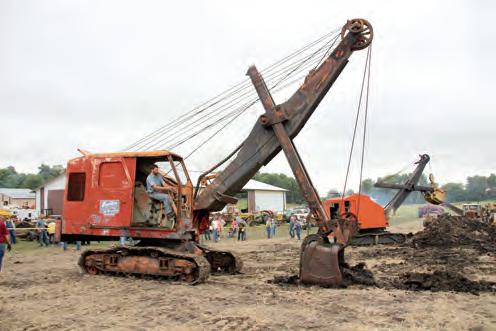
Working to preserve the history of the construction equipment that shaped our world . . .
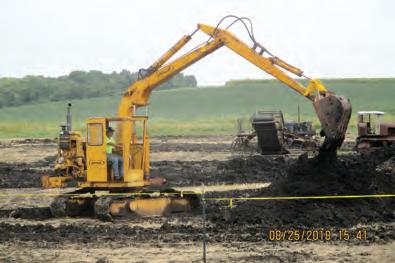
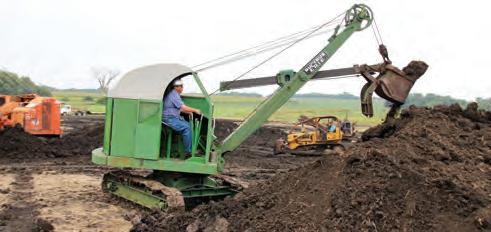
1939 Bucyrus-Erie 10-B shovel owned by Dave Geis, Seward, Neb. (HCEA 2018 International Convention & Old Equipment Exposition, Le Sueur, Minn.)
HCEA photo 1959 Hy-Hoe 480 crawler hydraulic back hoe owned by Brian Guertin, Le Sueur, Minn. (HCEA 2018 International Convention & Old Equipment Exposition, Le Sueur, Minn.)
1950 LS-85 shovel owned by Ferdie Wilkerson, Faribault, Minn. (HCEA 2018 International Convention & Old Equipment Exposition, Le Sueur, Minn.)
Barko trailer-mounted hydraulic log loader. (HCEA 2017 International Convention & Old Equipment Exposition, Ederville, N.C.)
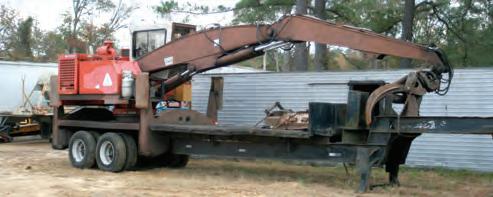

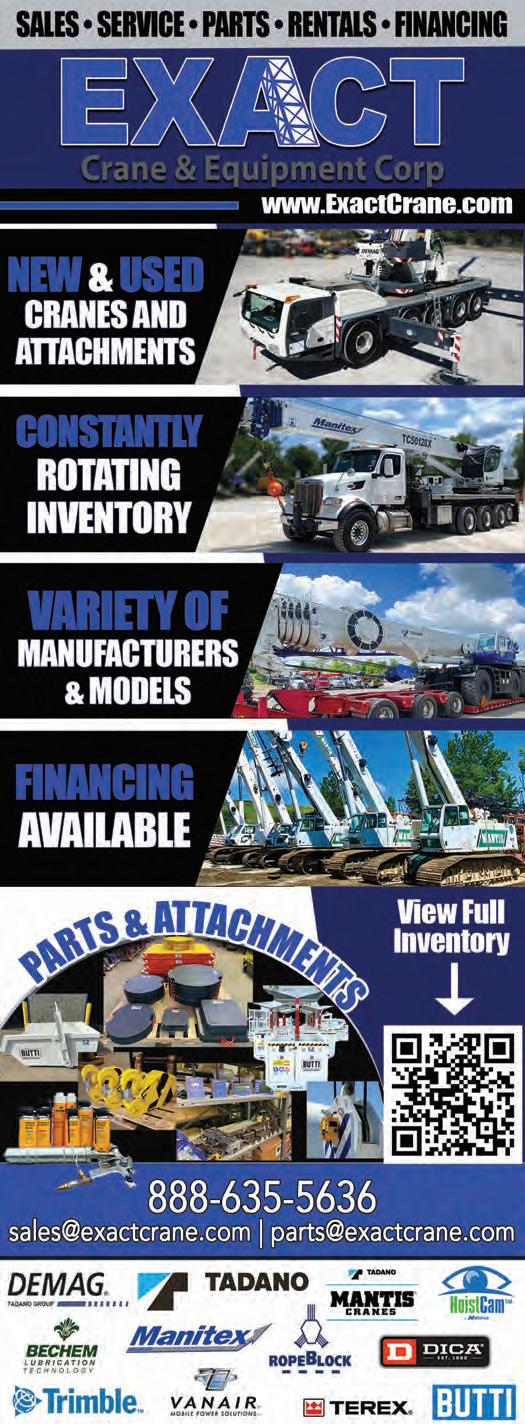
All Model Cranes, Draglines, Clamshells & Backhoes American; LinkBelt; Manitowoc; Terex; Kobelco; Sumitomo; Liebherr; Bucyrus Erie - Northwest; Lima; Insley; Bantam; Marion; P&H; Hopto; Hy-Hoe; Lorain; Michigan; Koehring; Bay City; Gradall; Unit: John Deere; Hein-Werner
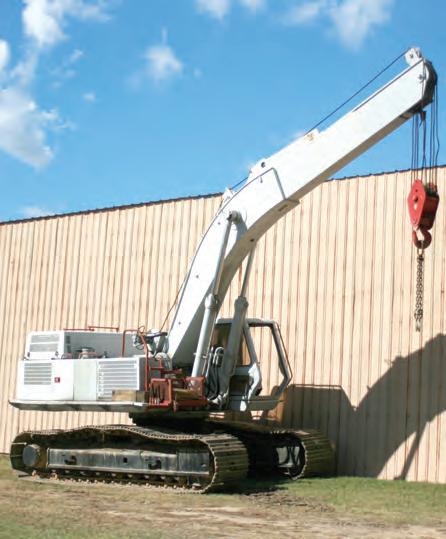

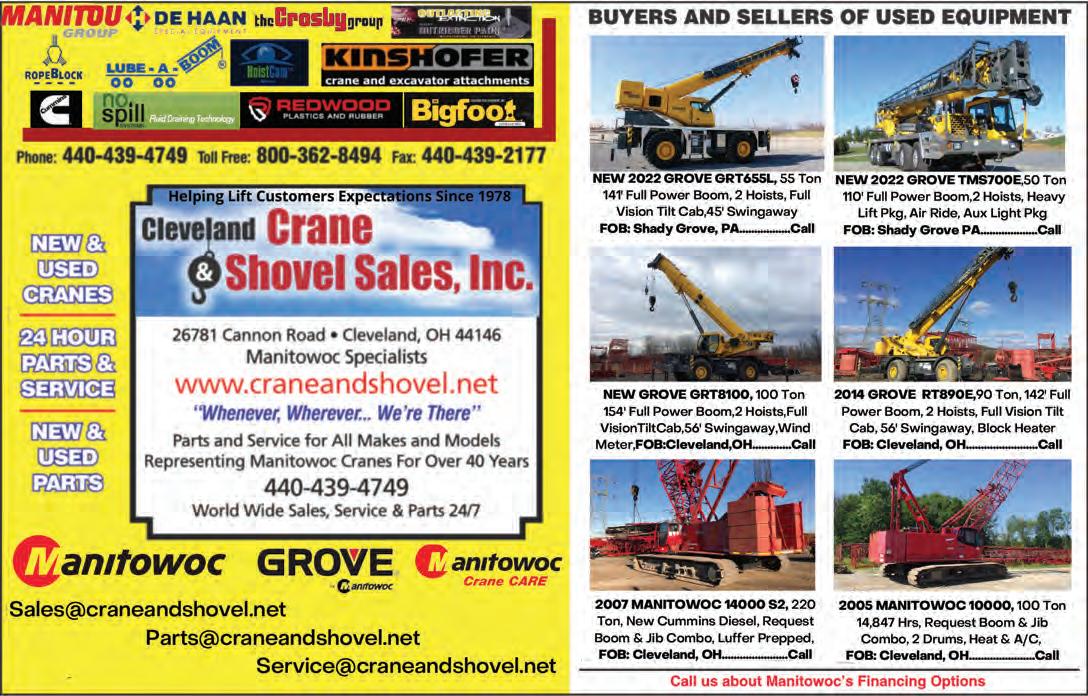

For 75 year trust and c class-leadi
National Cr
> Stand-up
s,National Cran onfidence of our ng features,and

ane boom trucks a models with capaci
e boom trucks co r customers than wide range of av re available in: ties from 10 USt to 3
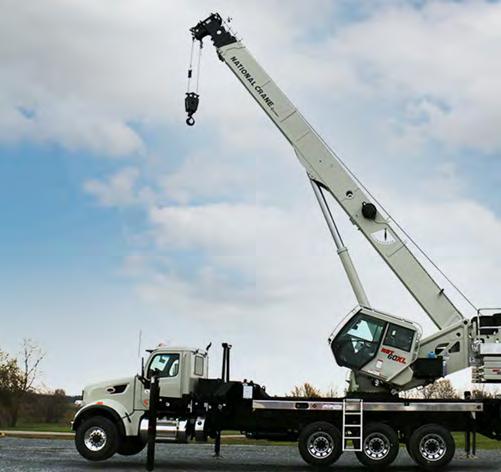
ntinue to earn th ks to their durab vailable accessori 3 USt
> Swing seaat models with capaacities from 30 USt to 60 USt
e ility, es.
Corporate Headquarters
300 South Randolphville Rd. Piscataway, NJ 08854 732-752-3600
South Jersey 1330 Hurffville Rd. Deptford, NJ 08096 856-227-6400
Long Island 22 Peconic Ave. Medford, NY 11763 631-207-2900
Mid-Hudson Valley 1440 Route 9W Marlboro, NY 12542 845-236-3000
New York City 1144 Zerega Ave Bronx, NY 10462 718-822-1180
Corporate Headquarters Harrisburg, PA 7201 Paxton Street Harrisburg, PA 17111 800-325-6455
Pittsburgh, PA 8181 Noblestown Road McDonald, PA 15057 800-692-7600
Philadelphia, PA 135 Lincoln Avenue Prospect, PA 19076 800-220-4033
Wilkes-Barre, PA 600 Sathers Drive Pittston, PA 18640 866-667-6756
ALT Sales Corp. 4945 Brecksville Rd. Richfield, OH 44286 330-659-2100


Dawes Rigging & Crane Rental E8670 555th Ave Elk Mound, WI 54739 800-943-2277
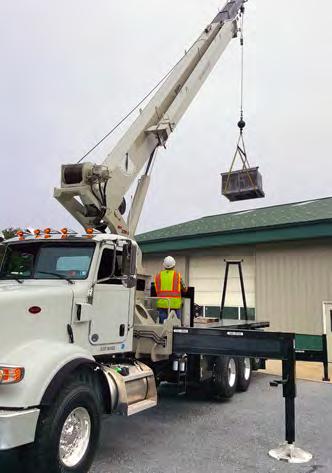
2401 Hyland Ave. Kaukauna, WI 54130 800-236-8630
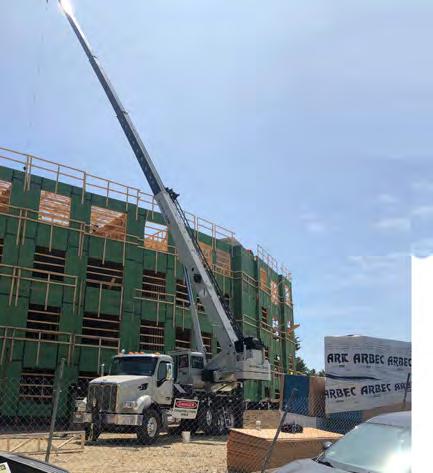
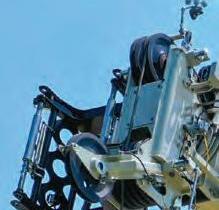

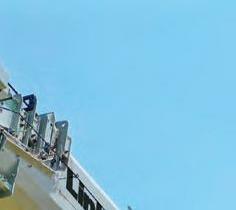








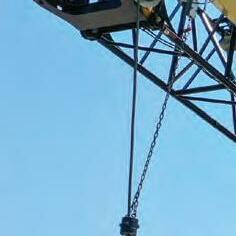
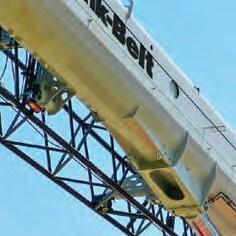
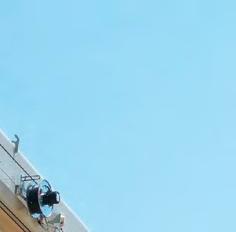


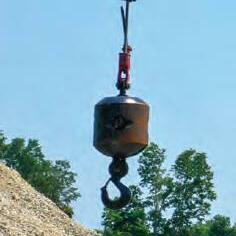
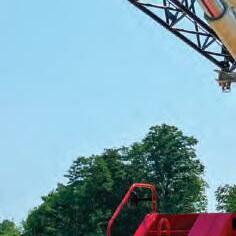
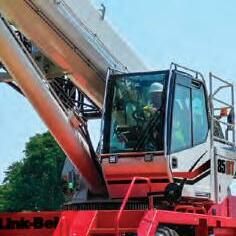
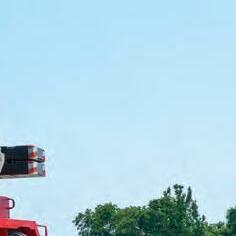

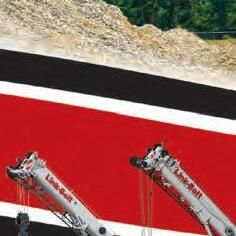
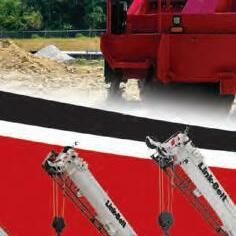
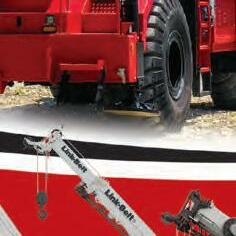
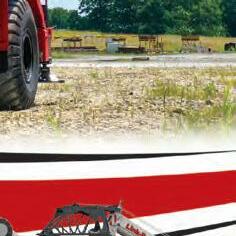
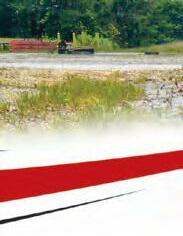
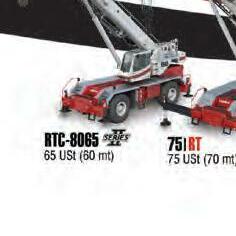
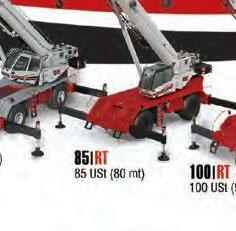
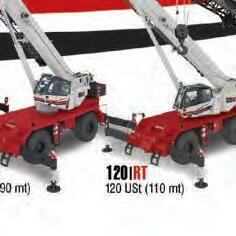
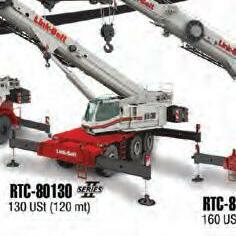
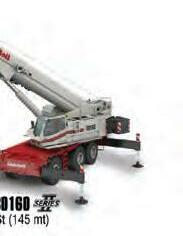





www.altaequipment.com
Byron Center, MI (616) 878-7450
New Hudson, MI (248) 356-5200
Flint (Burton), MI (810) 744-4840
Traverse City, MI (231) 943-3700
Detroit, MI (313) 394-1811
www.kellytractor.com
Clewiston, FL (863) 983-8177
Davie, FL (954) 581-8181
Ft. Myers (239) 693-9233
Mulberry, FL (863) 205-2537
Miami, FL (305) 592-5360
Orlando, FL (407) 568-8055
www.atlanticandsouthern.com
Birmingham, AL (205) 951-6656
Theodore, AL (251) 443-5229
Lake City, GA (404) 361-1100
Central/Eastern, TN (888) 951-6656
West Palm Beach, FL (561) 683-1231
Burlington, IA (319) 419-6050
Cedar Rapids, IA (319) 393-2820
Davenport, IA (563) 381-1200
Des Moines, IA (515) 287-4910
www.columbusequipment.com
Columbus (614) 443-6541
Toledo (419) 872-7101
Cincinnati (513) 771-3922
Richfield (330) 659-6681
Cadiz (740) 942-8871
Dayton (937) 879-3154
Massillon (330) 833-2420
Zanesville (740) 455-4036
Painesville (440) 352-0452
Piketon (740) 289-3757
www.genequip.com
Shakopee, MN (952) 224-1500
Minot, ND (701) 852-0479
Fargo, ND (800) 437-2924
Bismarck, ND (701) 223-9700
Williston, ND (701) 572-0570

www.link-beltmidatlantic.com
Ashland, VA (800) 552-3837
Chesapeake, VA (800) 342-3248
Frederick, MD (833) 546-5235
Louisville, KY (800) 283-7833
Corbin, KY (606) 528-9440
Prestonsburg, KY (606) 874-2104
Evansville, IN (812) 867-6661
Ft. Wayne, IN (260) 482-3681
Indianapolis, IN (317) 247-9125
St. Louis, MO (314) 487-8925
Clearfield, PA (814) 765-8500
Leetsdale, PA (412) 741-1731
Nitro, WV (304) 755-7788
www.oklahomaterritoryequipment.com
Oklahoma City, OK (405) 917-9191 • (866) 339-6827
Tulsa, OK (918) 835-7200 • (866) 334-6827
www.nesscampbell.com
Caldwell, ID (208) 366-9727
Portland, OR (503) 486-4150
Bothell, WA (206) 590-3420
Ontario, CA (909) 930-1822
Tracy, CA (209) 830-8600
South Kearny, NJ (973) 589-4100
www.triadmachinery.com
Portland, OR (503) 254-5100
Eugene, OR (541) 342-7700
Bend/Prineville, OR (541) 447-5293
Seattle/Tacoma, WA (253) 722-5560
Spokane, WA (509) 534-1900
Mt. Vernon, WA (360) 488-3948
Carlisle, PA (717) 795-0700
Central Square, NY (315) 676-2008
Williston, VT (802) 658-1700
North Oxford, MA (508) 499-1950
e-mail: cmongeau@cegltd.com
